Sapa - Trekker's Paradise, or Tourist Trap?

This post contains affiliate links. This means at no extra cost to you, I may earn a commission if you purchase through my links. Please see my website disclaimer for more info.
If you’re not familiar with Sapa, Vietnam, it’s a small town high up in the mountains in northwest Vietnam, close to the Chinese border.
It’s well known for its terraced rice fields, and is surrounded by gorgeous mountains, including it’s highest mountain - Fan Si Pan (or Fansipan) - whose peak sits at 3,143 meters above sea level. It’s a popular destination for backpackers thanks to it’s gorgeous green landscapes and trekking opportunities, and it’s also a great place to visit if you want to experience the culture of some of Vietnam’s ethnic tribes like the Hmong and Dao people.
Sa Pa Info
- Official government tourism site: vietnam.travel
- Geographical location: Northwest Vietnam
- Average temperature: ~17°C
- Current weather:
Current Weather in Sa Pa - Dry season: Winter (December to February)
- Best time to visit: Varies depending on what you want to do - read more below.
- Peak travel season: September to November and March to April
- Main economy: Tourism, agriculture
Things to Note
Sapa is high up in the mountains, and getting there can be a bit challenging. The closest airport is in Hanoi, and from there, it’s a 5-6 hour drive to Sapa. You can also take a train from Hanoi to Lao Cai, and then take a bus or taxi from Lao Cai to Sapa. The train ride is about 8 hours, and the bus/taxi ride is about 1 hour.
The roads leading to Sapa are also very winding, and can be a bit treacherous, especially in the rainy season. If you’re prone to motion sickness, then you might want to take some medication before the drive. I didn’t think I was prone to motion sickness prior to going to Sapa, but I still felt very queasy on the drive there and back.
Sa Pa or Mu Cang Chai?
Some Vietnamese friends of my wife suggested we go instead to Mu Cang Chai, which is about 4 hours and change south of Sapa, and is also known for its terraced rice fields. They told us that Sapa has become too touristy, and therefore not worth visiting anymore, but that Mu Cang Chai is still beautiful and relatively untouched.
Sapa, however, was what I was familiar with (in photos anyway), and was where I had my heart set on visiting. So I still wanted to go there anyway, and at least see for myself. Also, it was getting close to August, and my understanding was that the rice fields in Mu Cang Chai would already be harvested by then, so we stuck with my original plan and went to Sapa.
I’m hoping I’ll get a chance to check out Mu Cang Chai in the future, and see how it compares to Sapa. If/when I do, I’ll be sure to write a comparison post.
When to Visit Sa Pa
Now before I get into the title of this post, I want to talk a bit about what you can expect during the different seasons, because the experience you have in Sa Pa is largely going to depend on when you visit, and not only where in particular you visit - i.e: the town itself, or the surrounding villages and mountains.
> If you want to skip this part and head straight to my thoughts, click here <
The town itself definitely had more of that tourist-geared feel to it. There were a lot of hotels, restaurants, shops, and flashing lights on the signs of shops. It’s not as bad as some places I’ve been to, but it’s definitely not a quiet little mountain town!
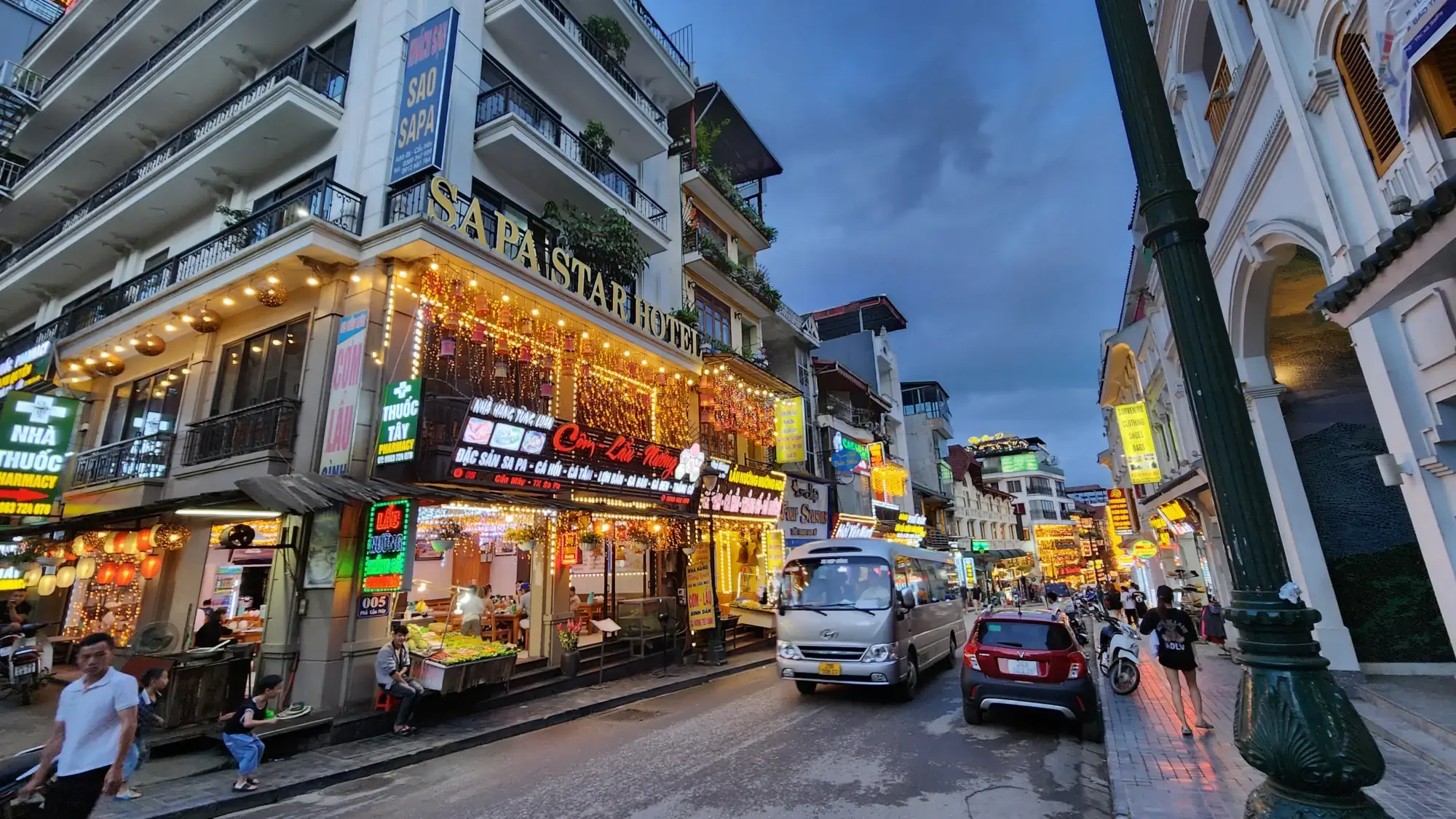

In fact, on our way to drive to the Fansipan mountain station on one of our first days there, we got stuck in a traffic jam. A traffic jam in the mountains! I was definitely not expecting that. 😂
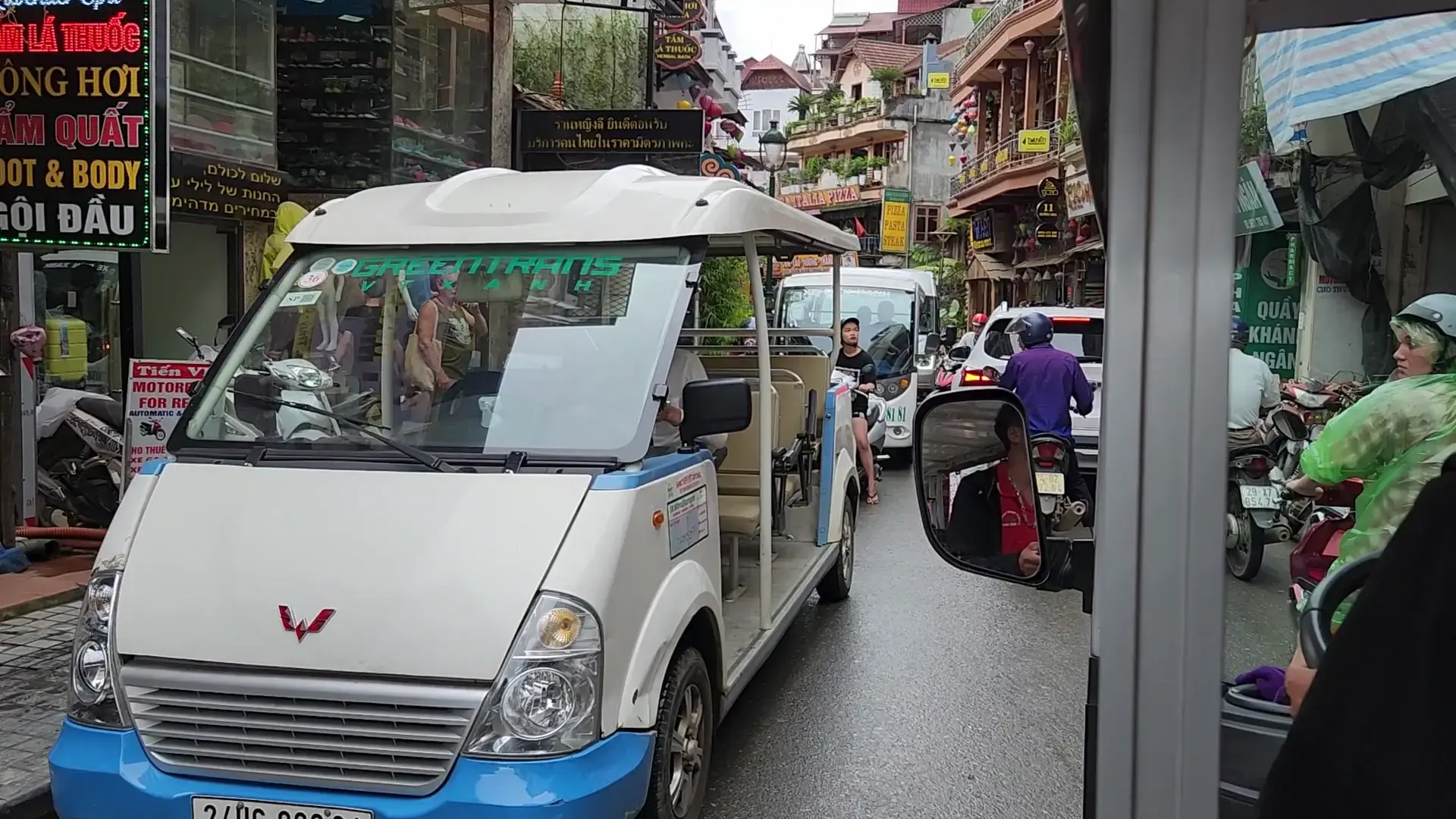
On another night, due to a torrential downpour, I ended up stuck in a taxi for over an hour, as some of the streets were completely flooded, and an accident as a result of the rain caused one of the only roads leading to our hotel to be completely blocked. What should have taken at most 10 minutes, took over an hour. It was a bit of a nightmare.
Spring (March to May)
Originally, our hope was that we’d be able to visit Sapa in Spring, as that’s when you can not only catch the rice fields looking incredible with their water-filled terraces, but when the cherry blossoms are also in full bloom. I’ve seen some photos of Sapa in Spring, and it looks absolutely stunning.
If you visit in Spring, you can expect a moderate climate, with temperatures ranging from 15°C to 20°C. There’s more rainfall in Spring compared to Winter, but not nearly as much as in the Summer.
Cherry Blossoms in Spring
If you’re interested in seeing the cherry blossoms, then you’ll want to visit in March, as that’s when they’ll be in full bloom.
Rice Terraces in Spring
If you’re coming to see the rice fields in Spring, then you might catch them in the planting (sowing) stage if you come early enough, or in the beginning growing stage if you come towards the end of spring.
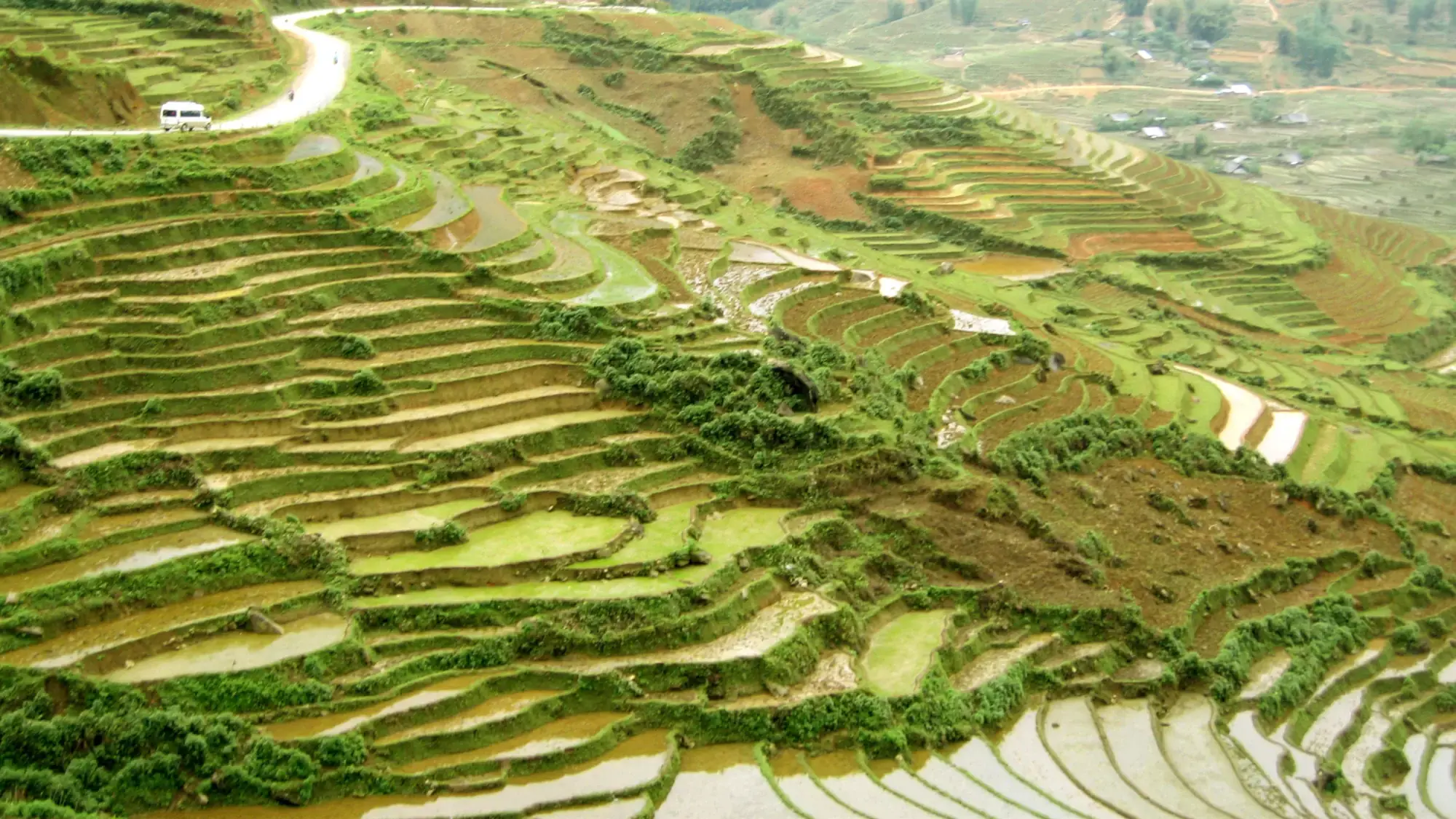
The rice fields are quite beautiful in Spring, as they’ll be a lush green (albeit sparsely filled), and the terraces will be filled with water, which can make for some stunning mirror-like reflections if you get them at the right angle.
Summer (June to August)
Summer is the wet season in Sapa, and it’s also the hottest time of the year. Temperatures can reach up to 29°C, and there’s a lot of rainfall. In June and July, it can rain almost every day, and the rain can be quite heavy, albeit for only a short period of time.
Due to the heavy rain in summer, trekking is not recommended, as the trails can become quite slippery and dangerous. The waterfalls on the other hand are at their most beautiful in summer, so if you’re interested in seeing the waterfalls, then summer is the best time to visit.
We ended up visiting in August, and while it did rain a decent amount, as we were at the tail end of summer, it wasn’t as bad as it would have been in June or July. August is also when the rice fields are getting ready for harvesting, so in my personal opinion, it’s the best time to see them if you like the terraces lush and green.
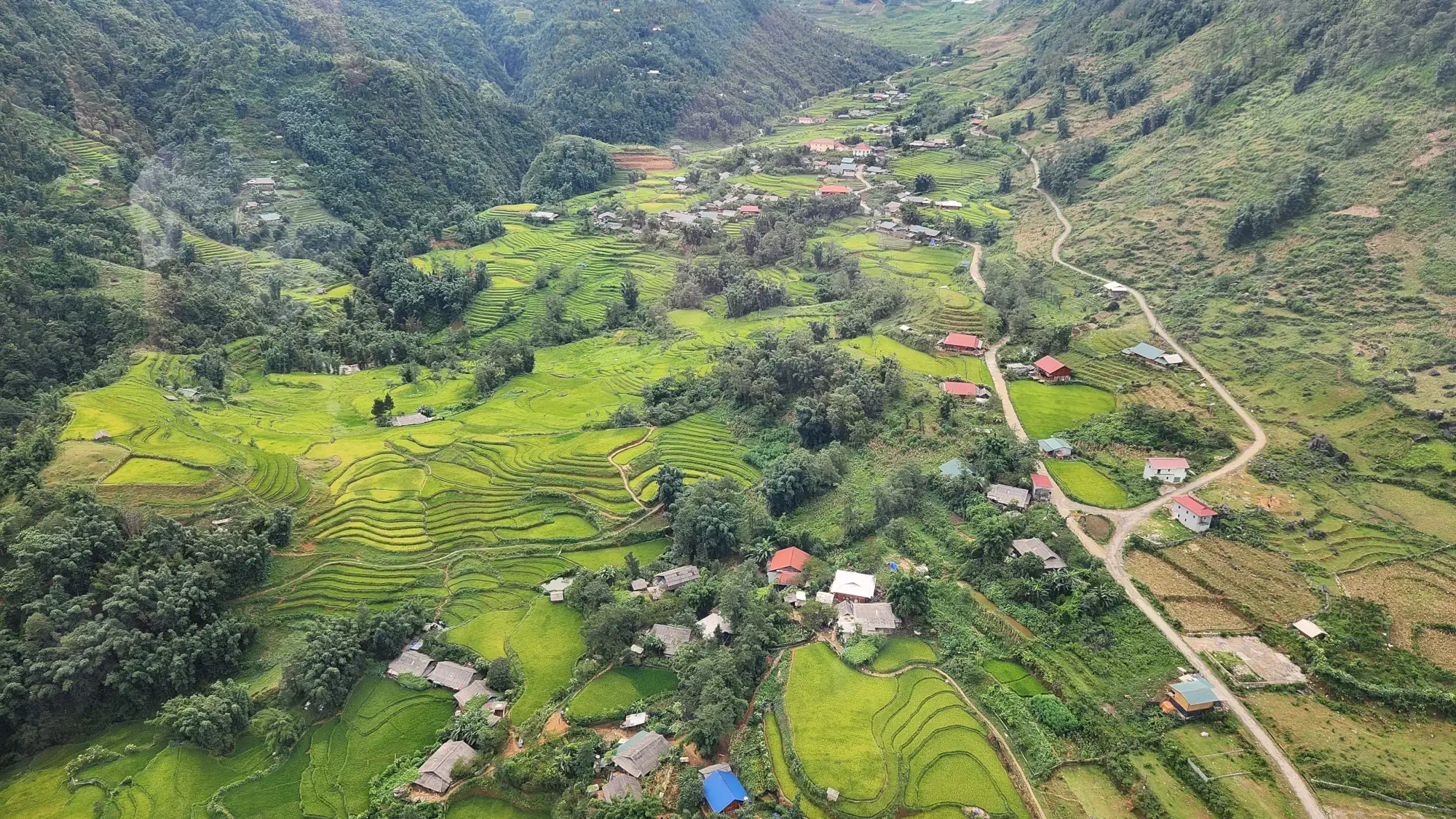
When we were there at the beginning of August, the locals told us that the rice fields were likely to be harvested within the next week or two, so we were basically seeing them at their peak green colour.
Autumn (September to November)
Autumn is a bit of a mixed bag. It’s the end of the wet season, and start of the dry season. The weather is generally quite pleasant, with temperatures ranging from 15°C to 25°C.
However, if you’re like me and coming for the green rice terraces, then you might just miss them in full bloom, as they’re usually harvested in late August or early September, depending on weather conditions.
The rice terraces during this period will be a golden yellow, as the rice is ready for harvest. It’s still beautiful, but gives off a different vibe compared to the green terraces. So if the golden yellow terraces are you’re preference, then September/October is the best time to visit.
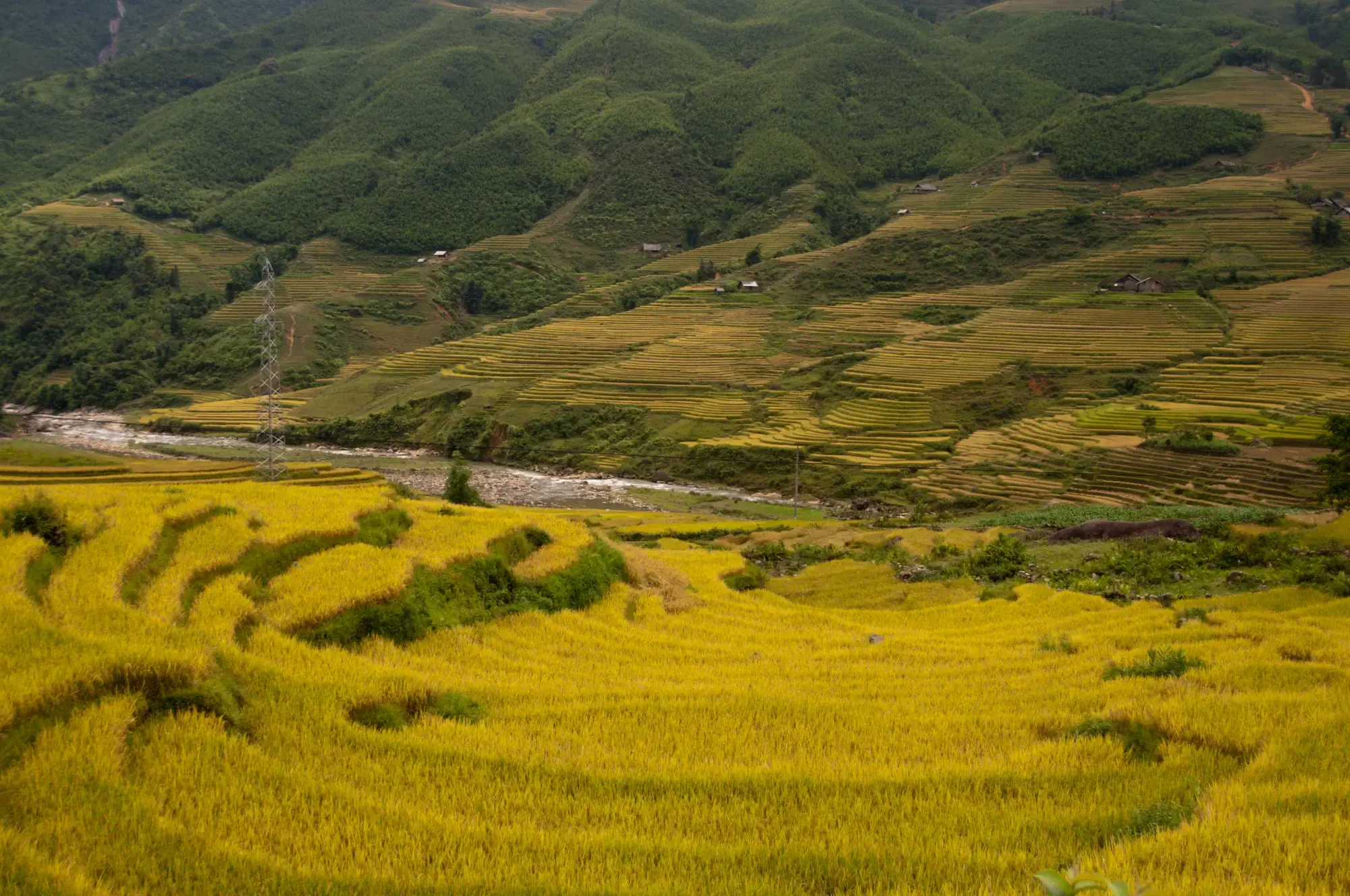
After the rice fields are harvested, the terraces will be brown and barren, but trekking will be at its best, as the weather will be cool and dry.
Winter (December to February)
Being in the northern part of Vietnam, Sapa can get quite cold in Winter, with low temperatures ranging from 1°C to -6°C. So while you won’t be catching any cherry blossoms or rice terraces in bloom, you’ll be able to experience the cold, foggy, and misty landscapes that Sapa is known for. It’s a bit of a different kind of beauty, but it’s still beautiful.
You also might get to experience something you wouldn’t anywhere else in Vietnam - snow! It doesn’t snow often in Sapa, but when it does, it’s quite a sight to see.
So, is Sapa Worth Visiting?
Alright, on to the main question - is Sapa worth visiting? Well, I think it really depends on what you’re hoping to see and experience.
The main town of Sapa is definitely a bit touristy, but I’m not sure that it’s as bad as some people make it out to be - in fact, I found it rather lively and interesting. One thing I found somewhat heartbreaking though was the amount of Hmong (and possibly other ethnic minority) children, quite dirty and dishevelled, sitting on the sidewalks and street corners trying to sell various trinkets. It’s a bit depressing.
This was even more the case in the surrounding areas than in the town itself, where the Hmong (and possibly other ethnic minorities), both old and young, follow you around trying to sell you things.
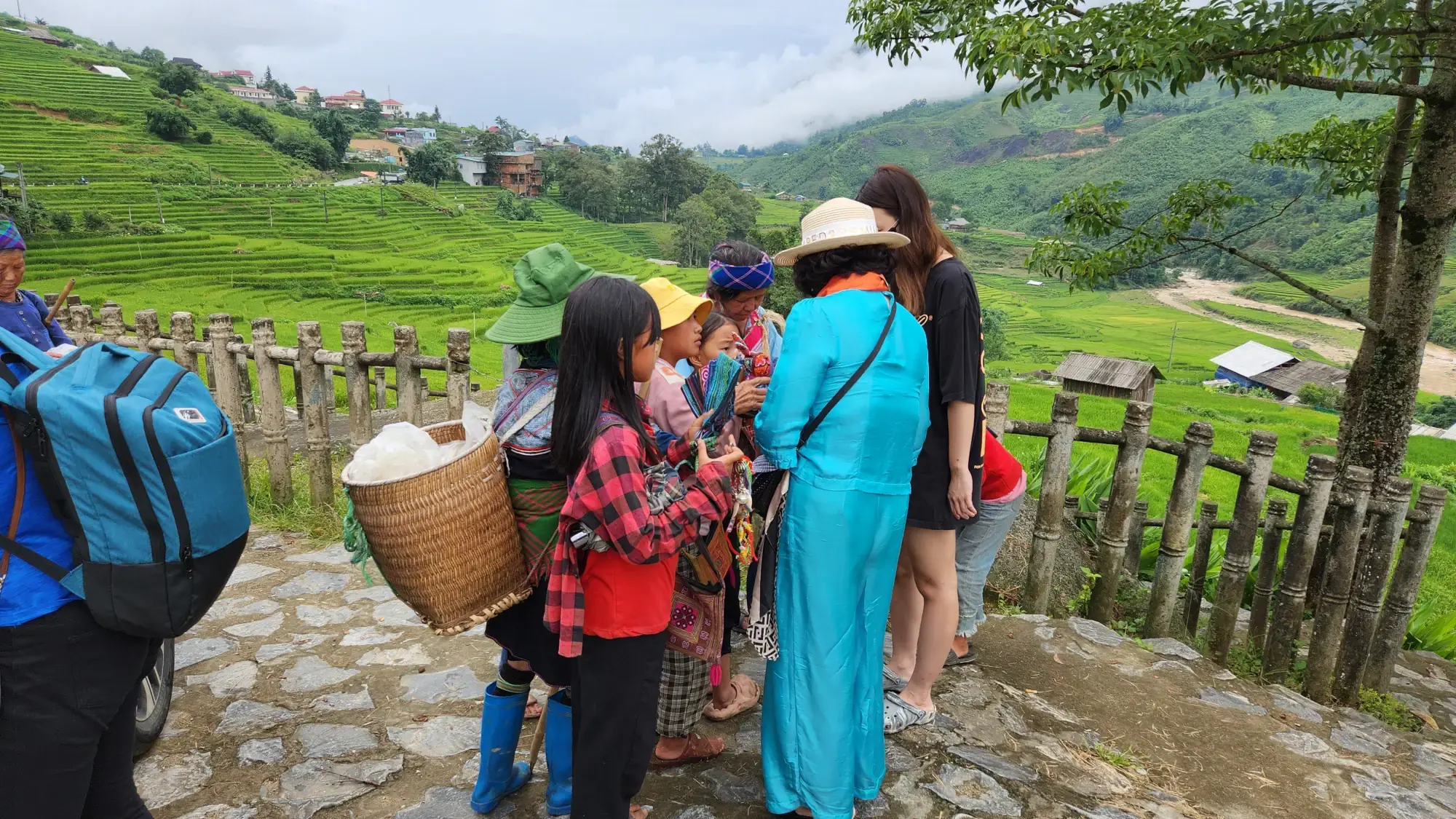
It’s a bit of a double-edged sword… I understand that they’re just trying to make a living, but it can be a bit overwhelming at times, and as they are quite relentless, it gets really annoying after a while. Again, I do understand that they’re just trying to make a living, but it’s still a bit much at times.
Verdict
Do you like trekking or hiking? Do you enjoy beautiful, lush landscapes? Do you want to experience the culture of Vietnam’s ethnic minorities?
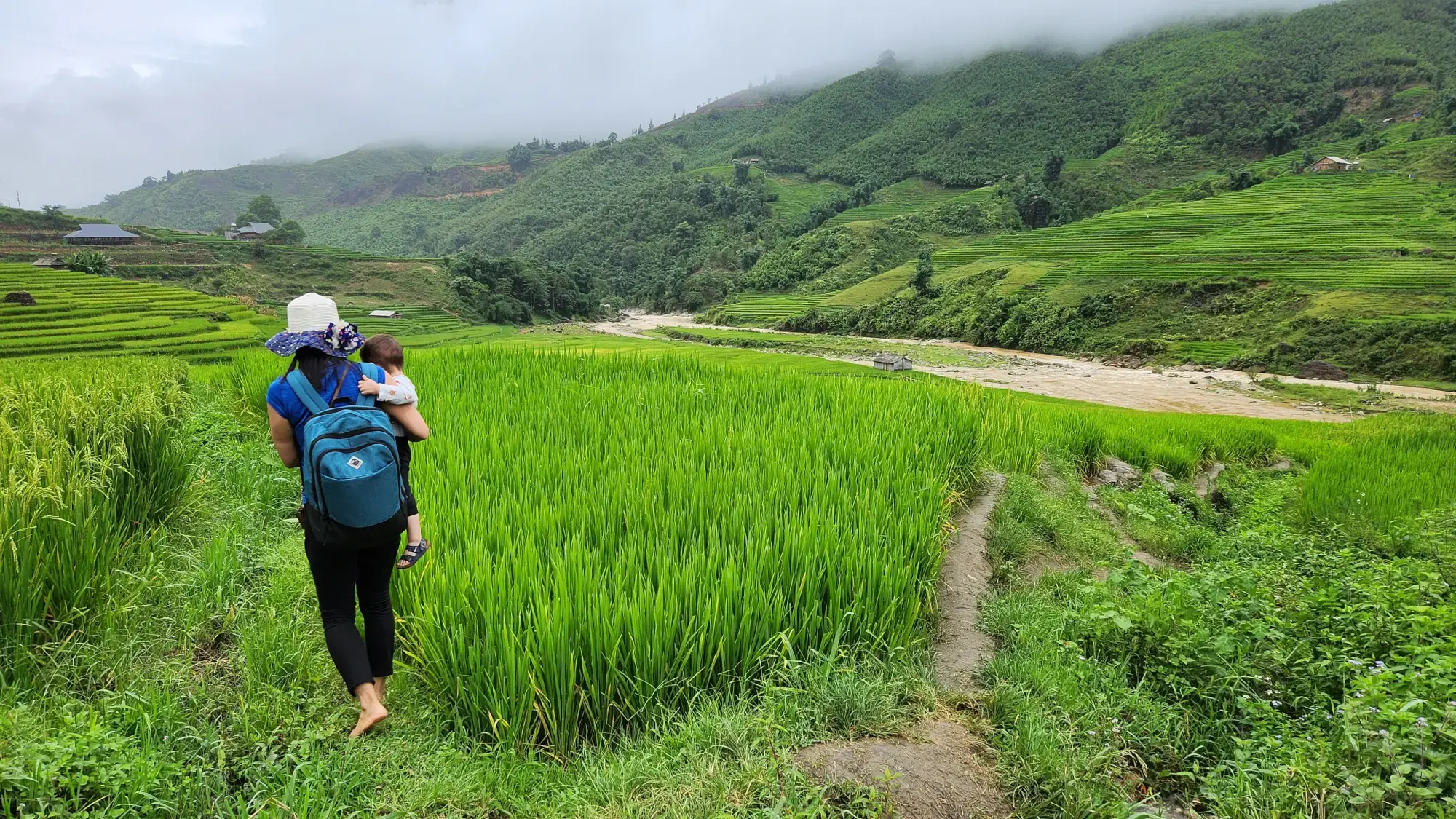
If you answered yes to any of those questions, then I personally feel that Sapa is indeed still worth visiting. It’s such a beautiful place with stunning views, and so much natural beauty, that I think it’d be a shame to miss.
Basically, I’d say Sapa is part tourist trap, and part trekker’s paradise. The town itself is a bit touristy, but the surrounding areas are still very much worth experiencing.
That said, if you prefer a less travelled, more authentic experience, then you might want to consider visiting Mu Cang Chai instead. I can’t say for sure, as I haven’t been there myself, but from what I’ve heard, it’s currently less overrun with tourists and so might offer a better, more authentic experience.
Final Thoughts
I’m so glad we were able to make the trip there, as I honestly loved every minute of our time in Sapa … well, except maybe for the Hmong entourages we had following us around in the mountains. 🙄
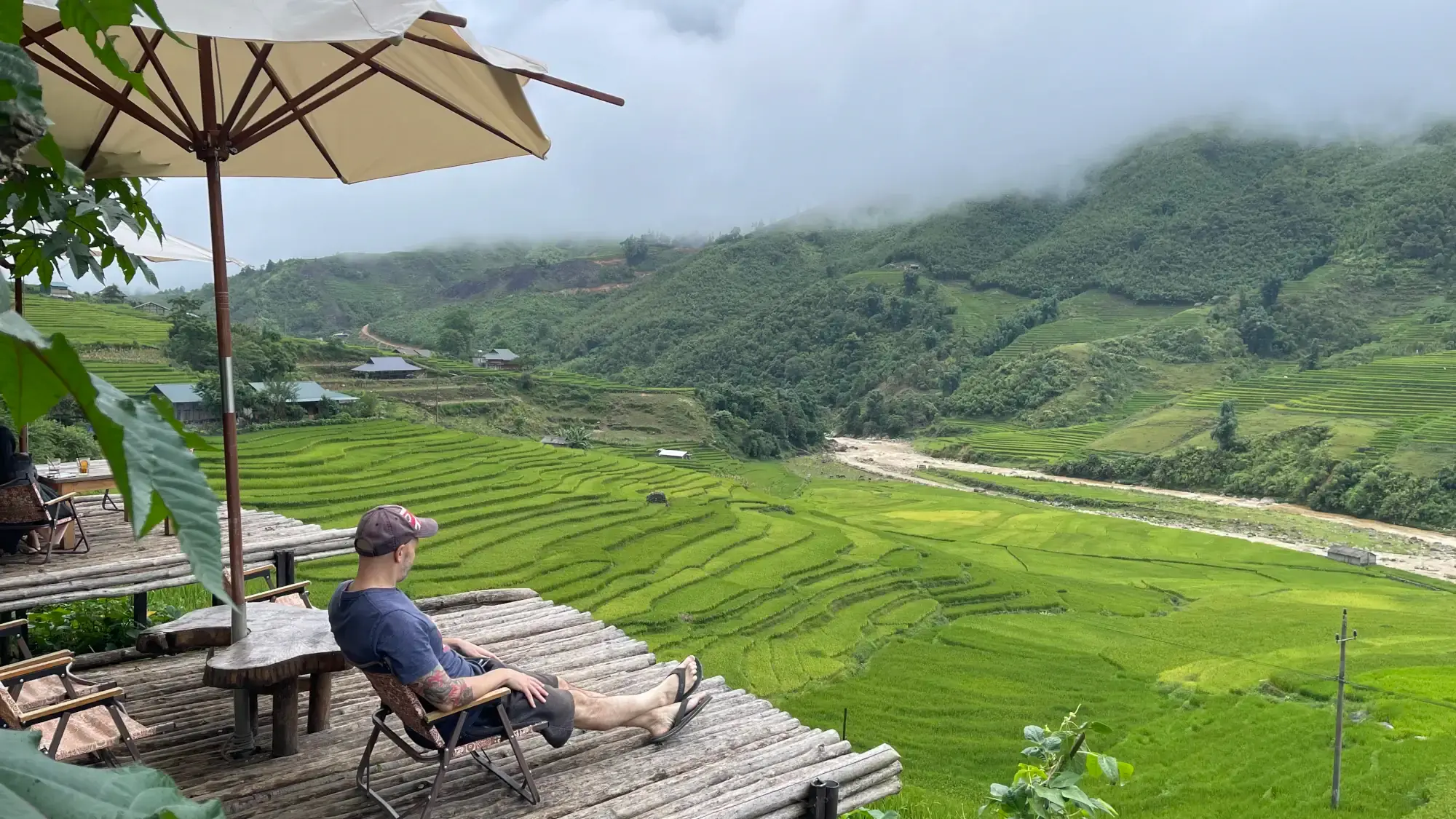
It’s one of the parts of Vietnam that I’ll always have really fond memories of, and I’m so glad I was able to experience it.
Have you been to Sa Pa? Do you agree/disagree with my views? Let me know in the comments below!
Until next time,
michael 😀
Share this post:

One Month at the Ramada by Wyndham, Ha Long, Vietnam

An Afternoon in Ocean Park 2 and 3, Hung Yen, Vietnam

One Month in Vinhomes Smart City, Hanoi, Vietnam

Sapa Itinerary: 3 Days Exploring Sapa, Vietnam

Hotel Scams in Vietnam - Traveller Beware

Climbing Ham Rong (Dragon) Mountain, in Sapa, Vietnam

Hiking Muong Hoa Valley, Sapa, Vietnam

Sapa Night Market, Sapa, Vietnam

Experiencing Cat Cat Village, in Sapa, Vietnam
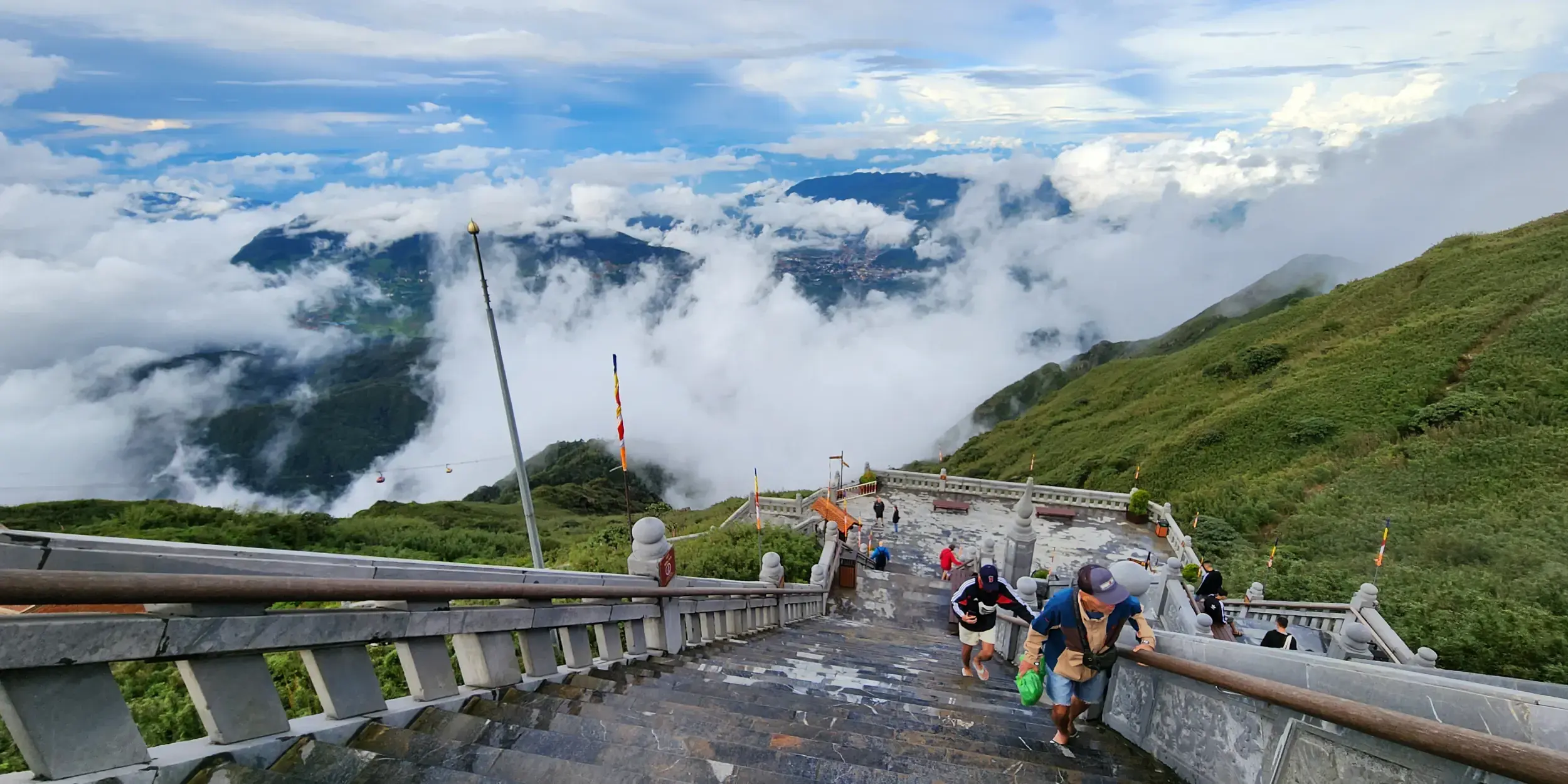
Climbing Fansipan Mountain, in Sapa, Vietnam
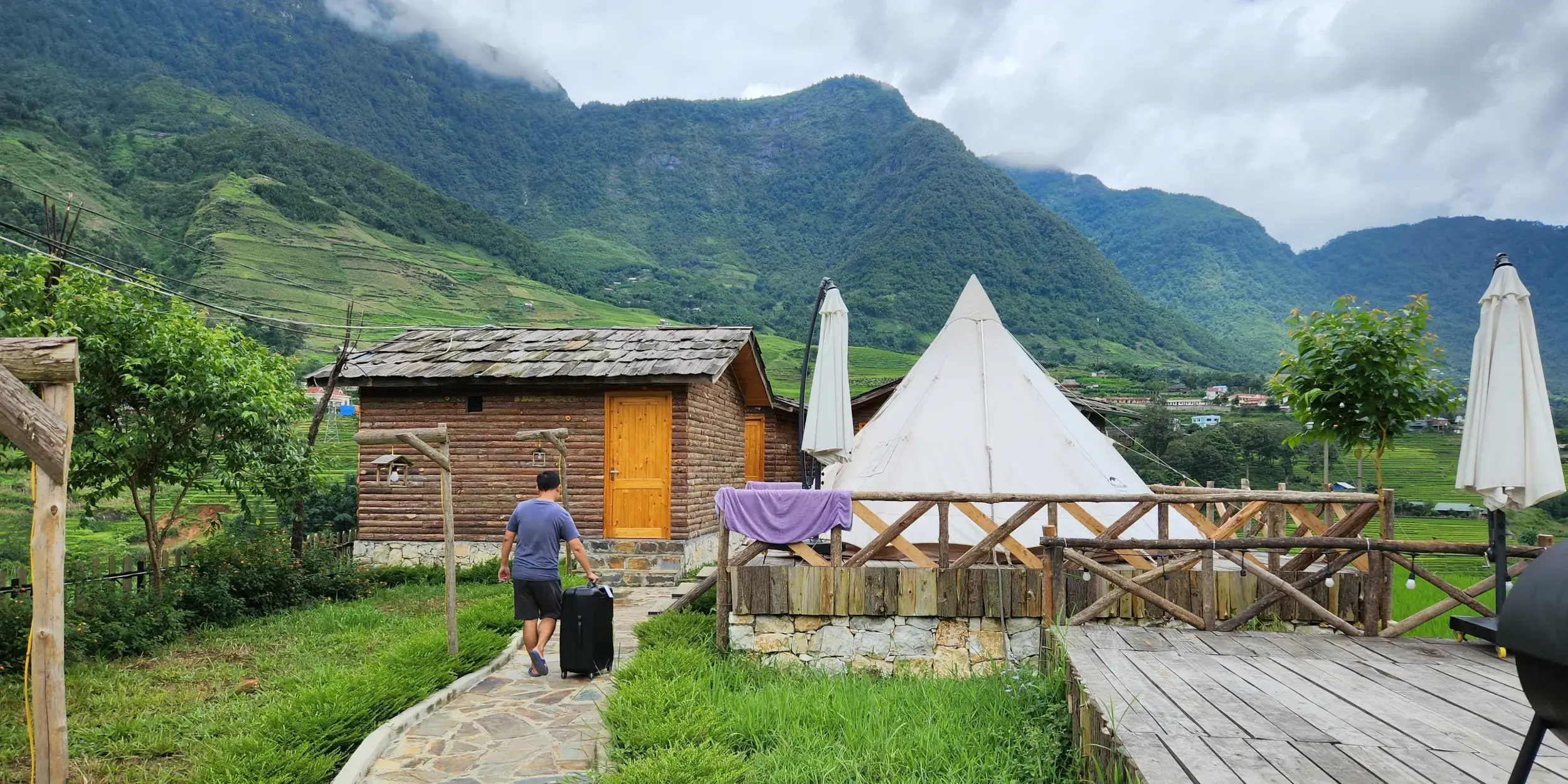
S Plus Bungalow in Sapa, Vietnam

Sapa CatCat Hills Resort & Spa in Sapa, Vietnam
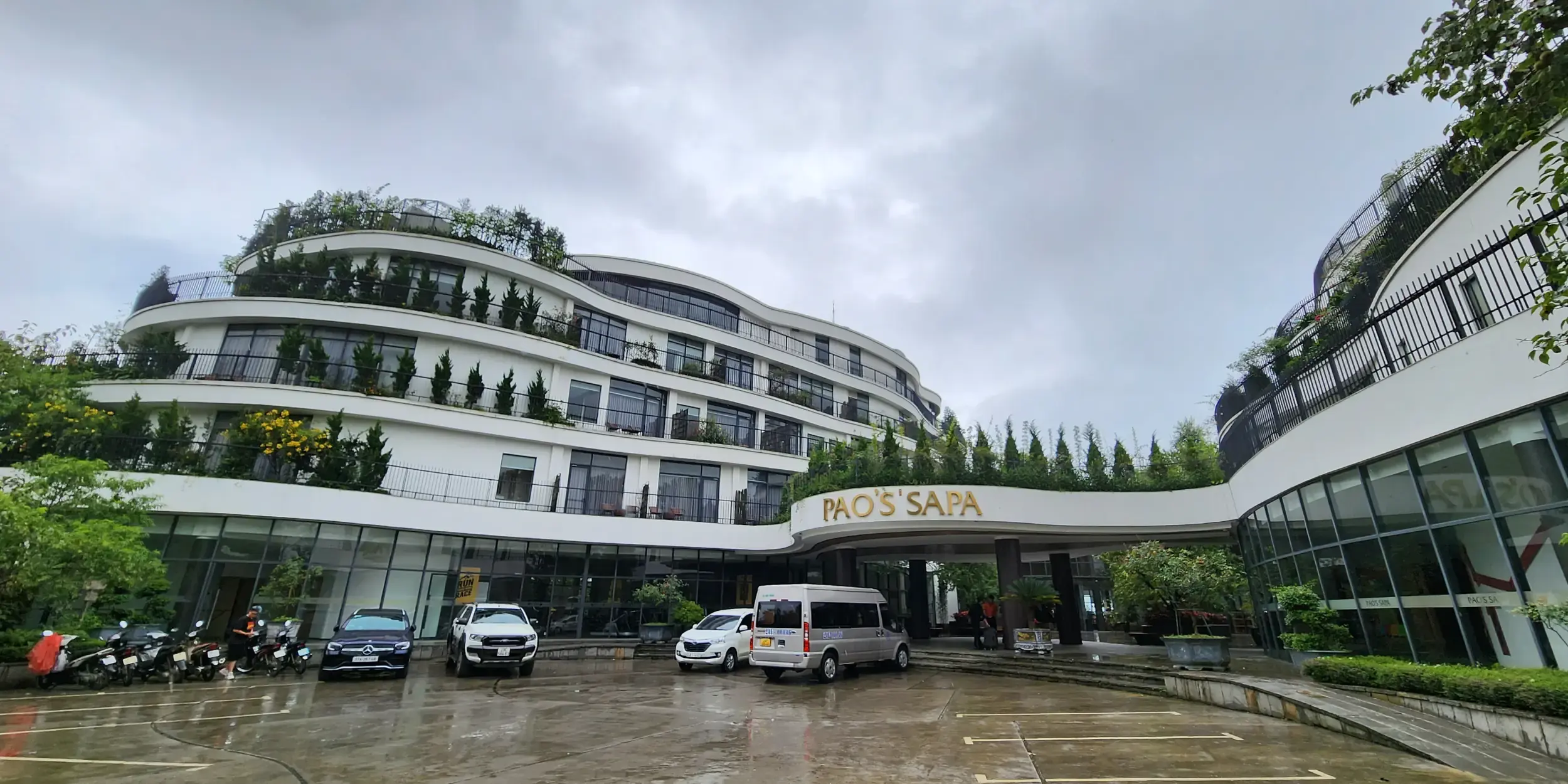
Pao's Sapa Leisure Hotel in Sapa, Vietnam

Sugaring Off at Érablière Meunier, Montreal, Canada
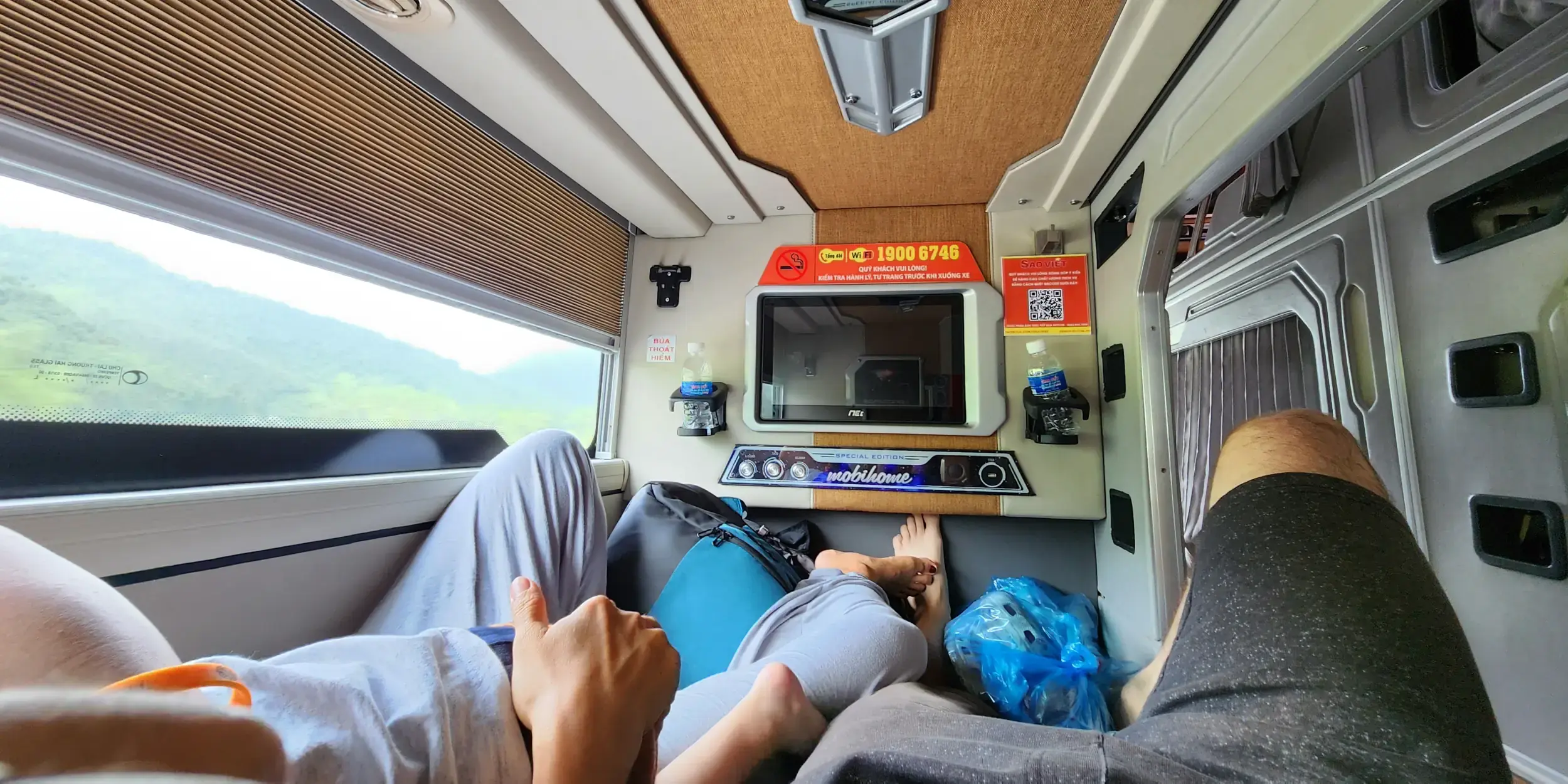
Thinking about Taking a Sleeper Bus in Vietnam?
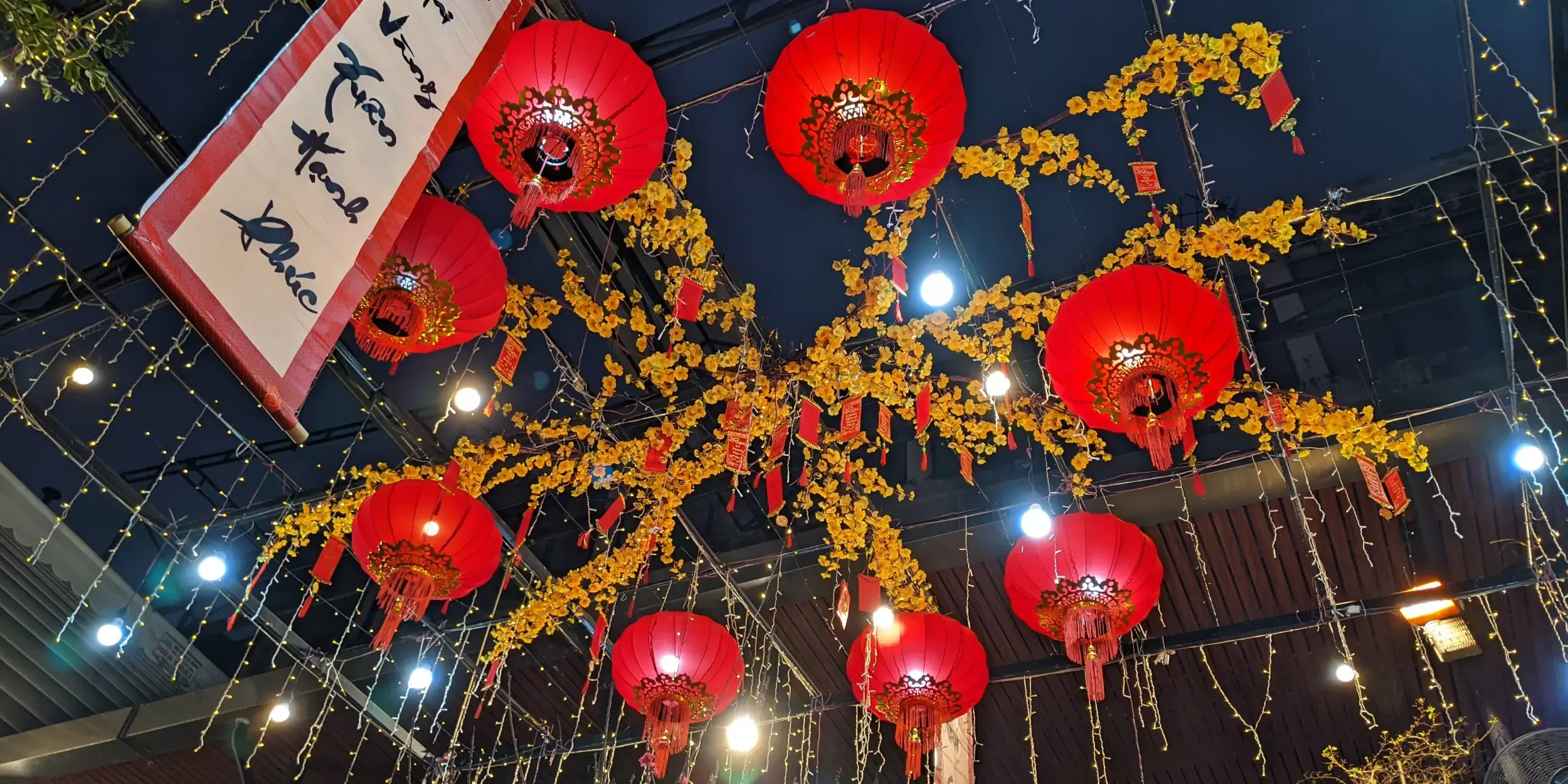
Planning to Visit Vietnam During Tet?
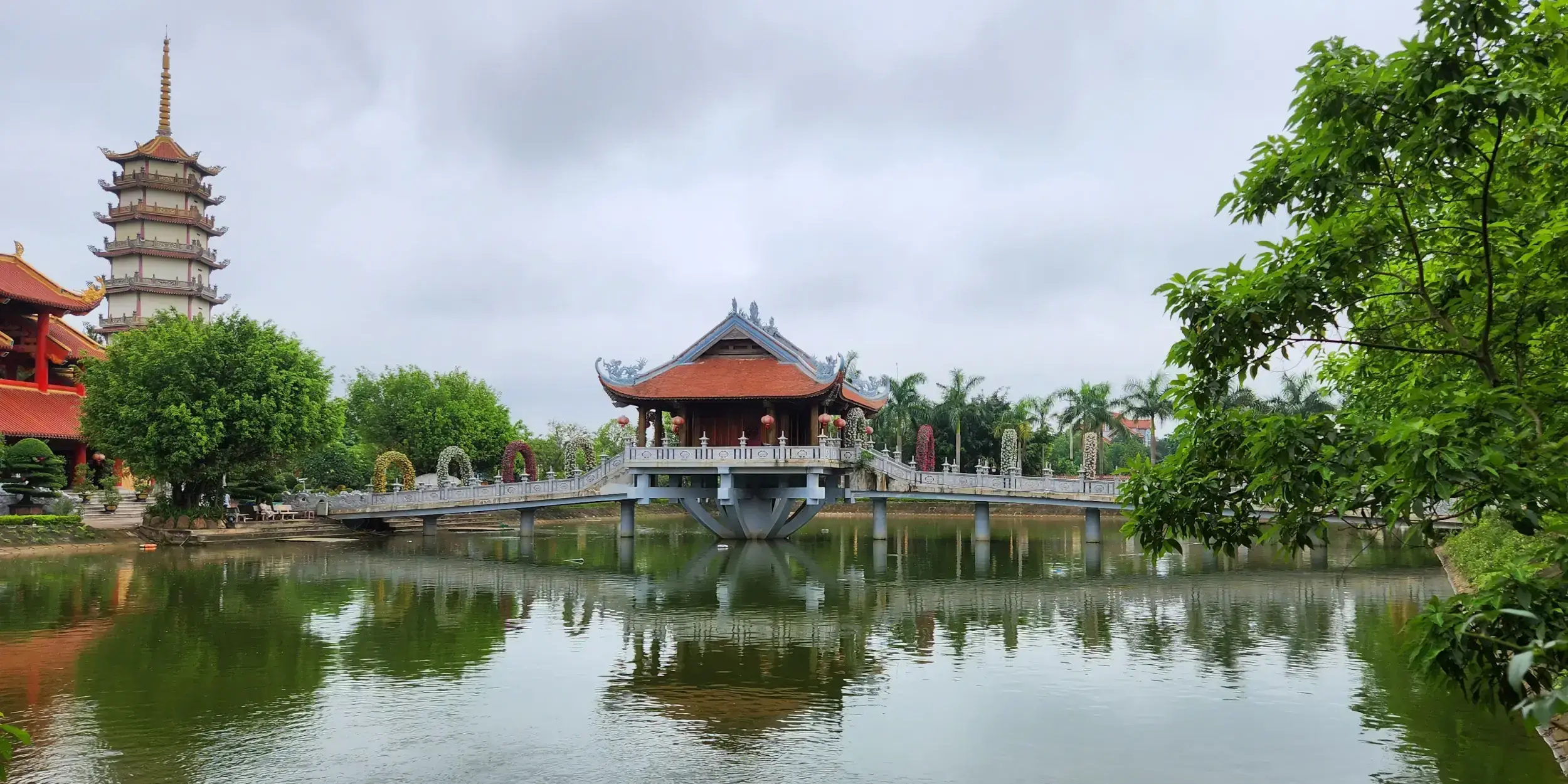
2 Tranquil Temples on the Outskirts of Hanoi
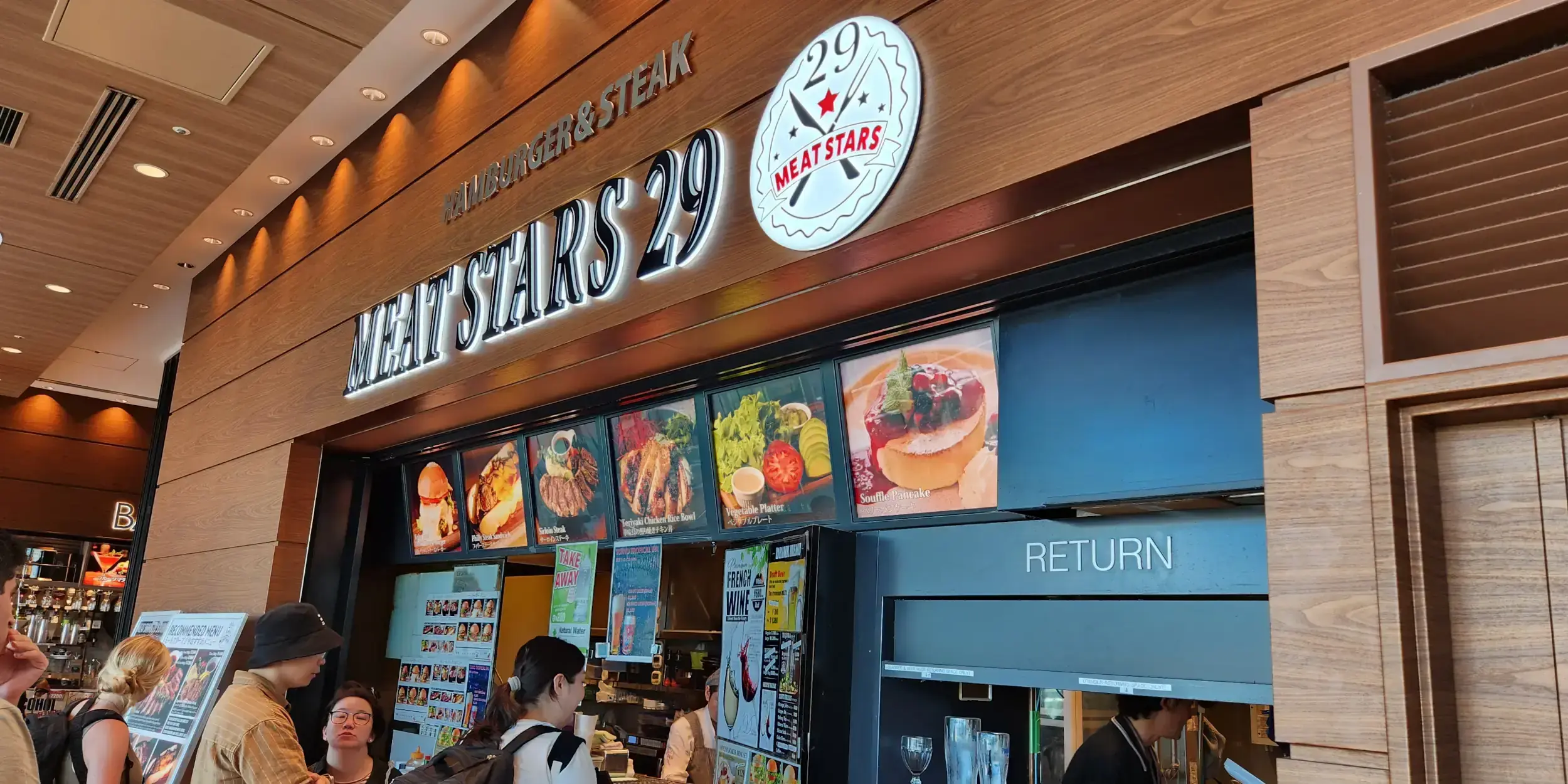
I Had One of the Best Burgers Ever at Haneda Airport
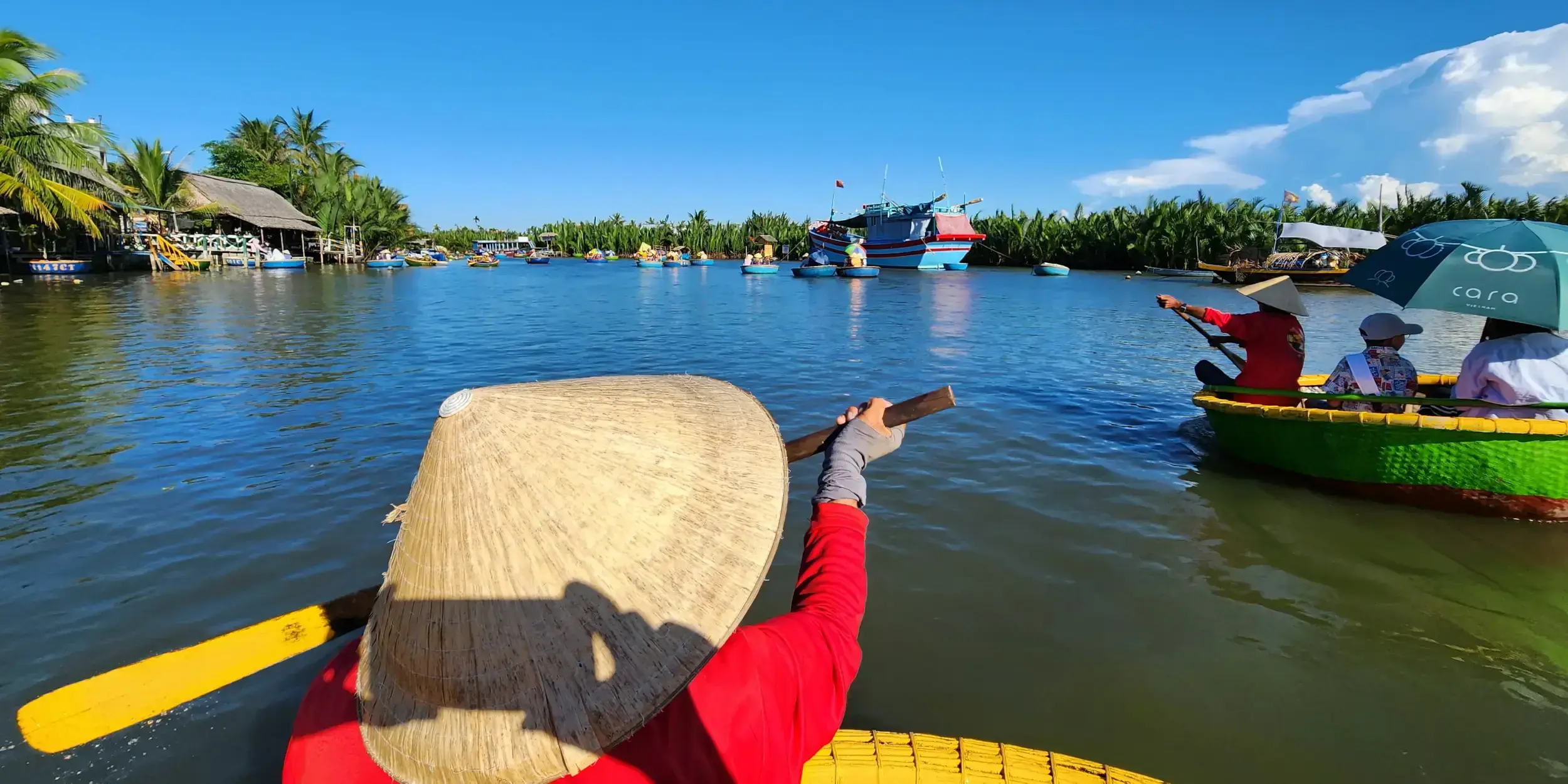
A Beautiful Afternoon in Hội An, Vietnam
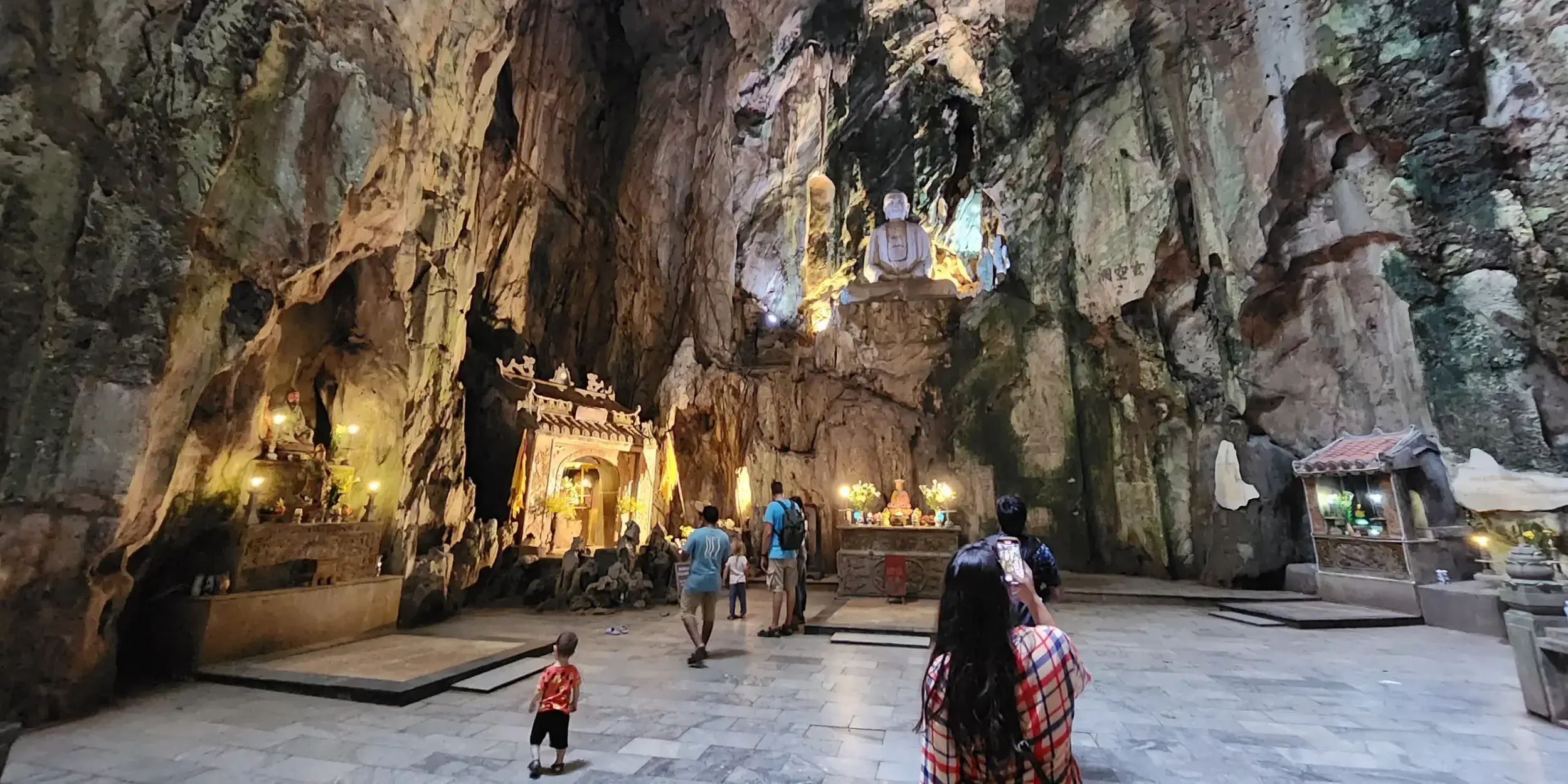
Visiting the Marble Mountains in Da Nang, Vietnam
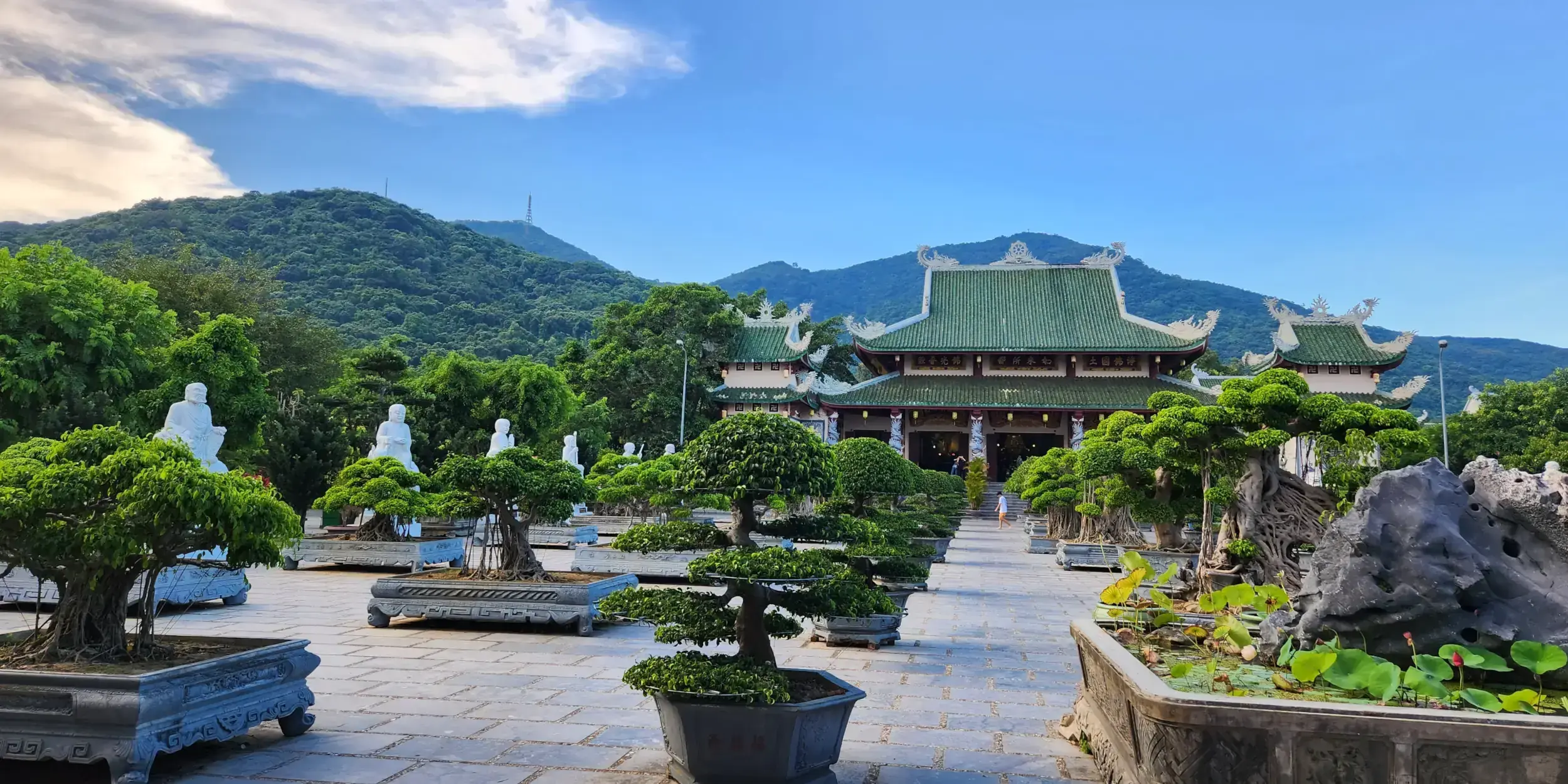
Linh Ứng Pagoda, Da Nang, Vietnam
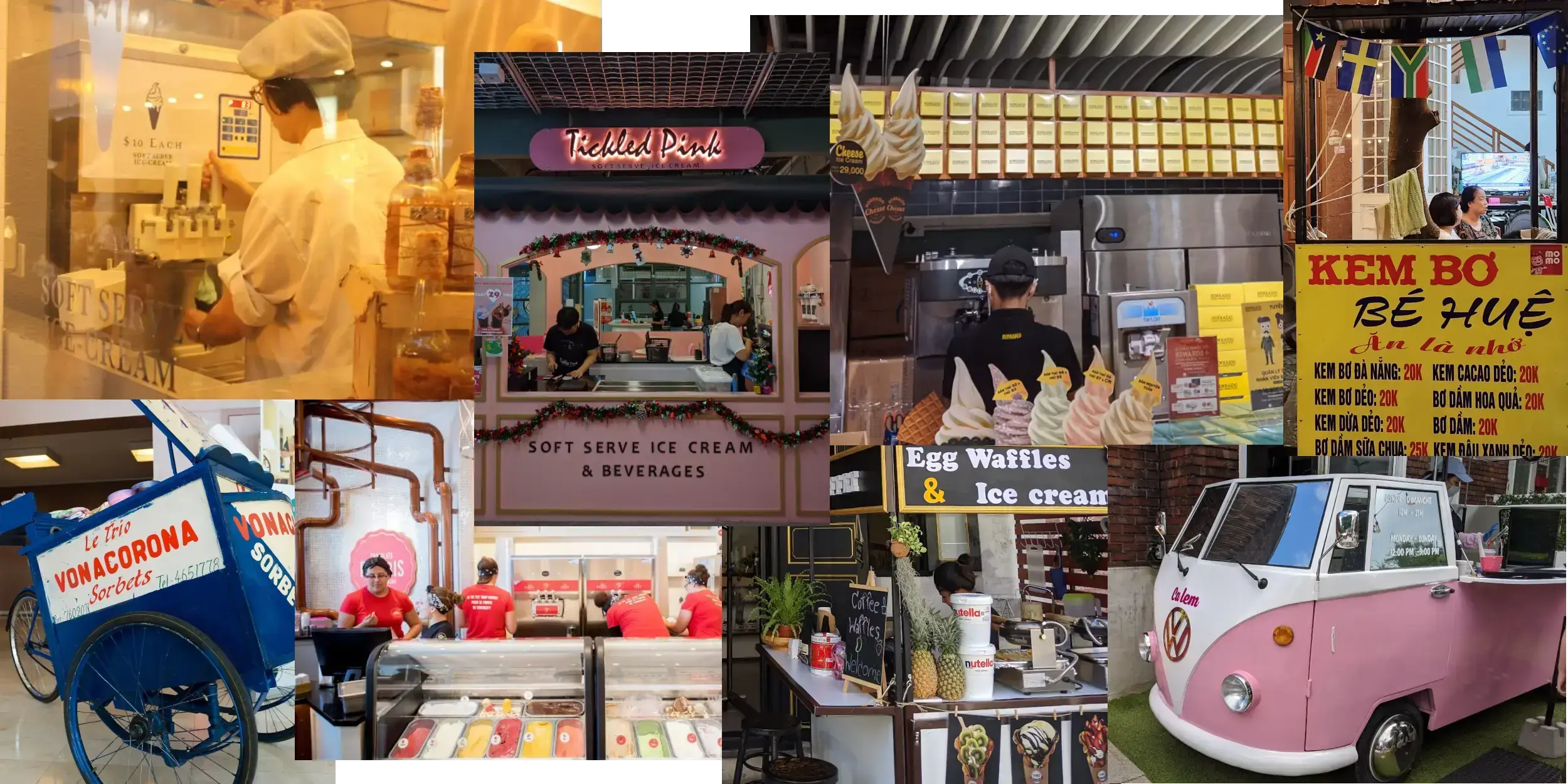
Unique and Delicious Ice Cream From Around the World
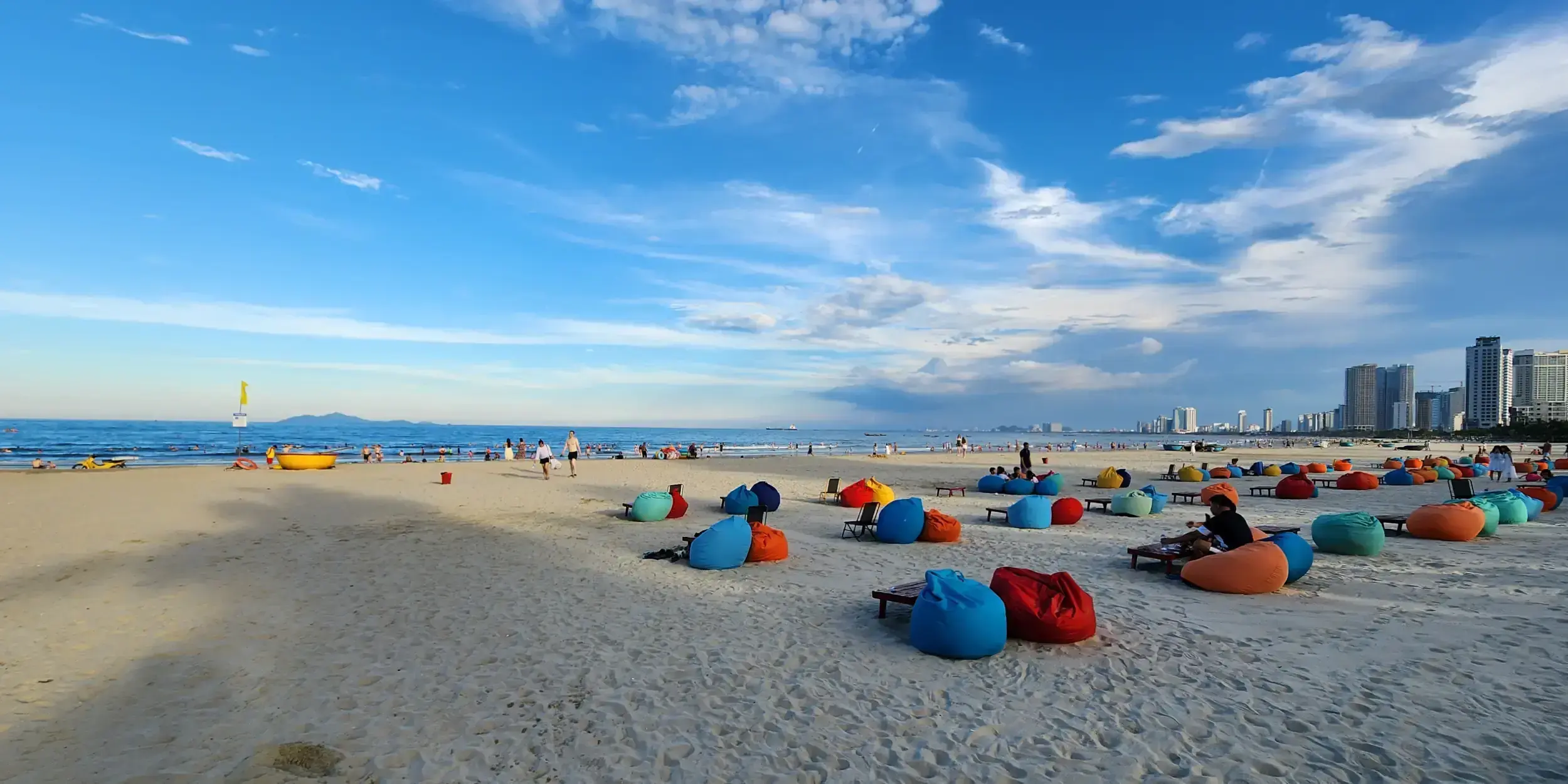
Da Nang Beaches - Pham Van Dong vs. My Khe
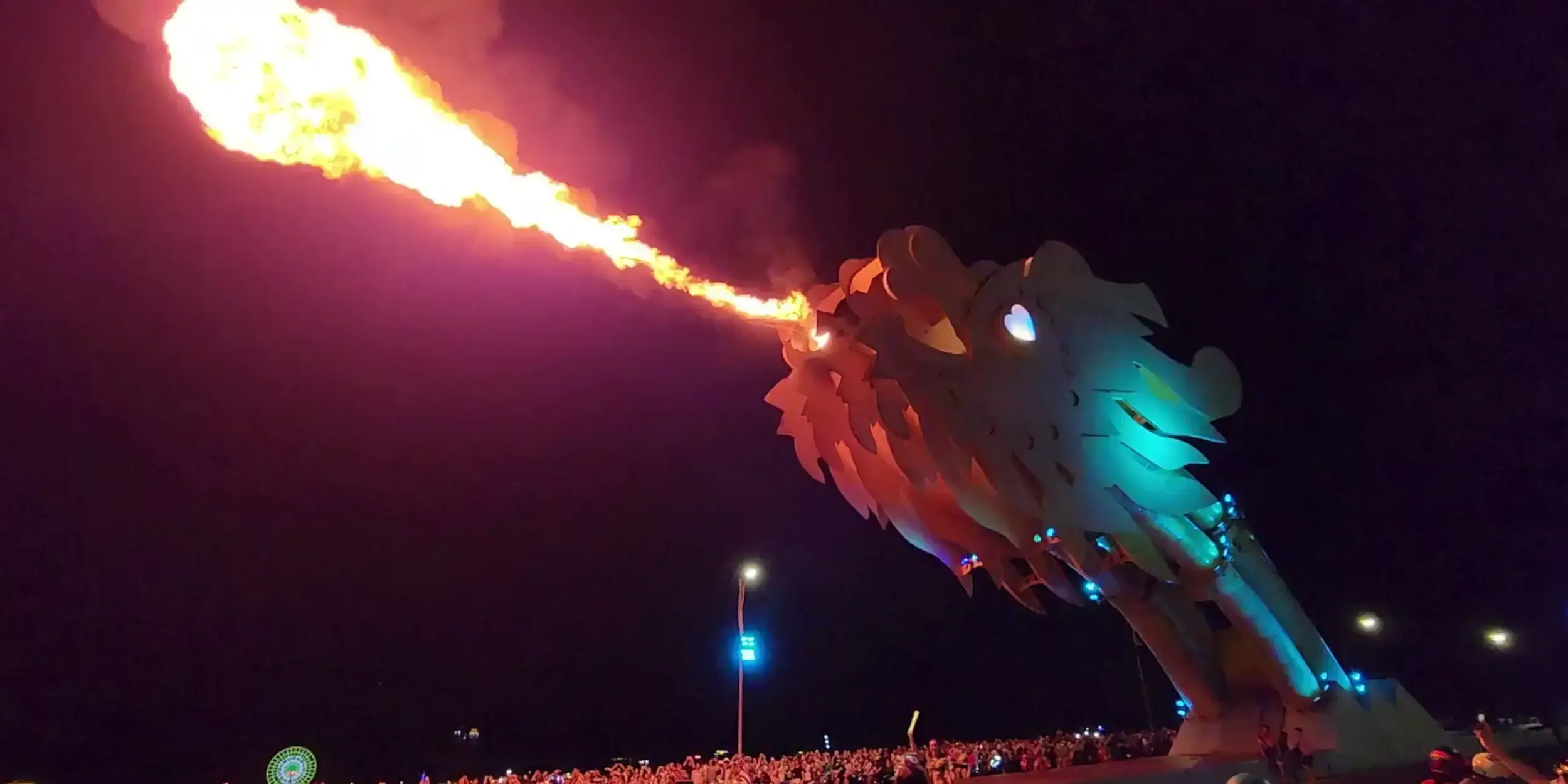
Dragon Bridge Show Da Nang - Bridge vs Cruise
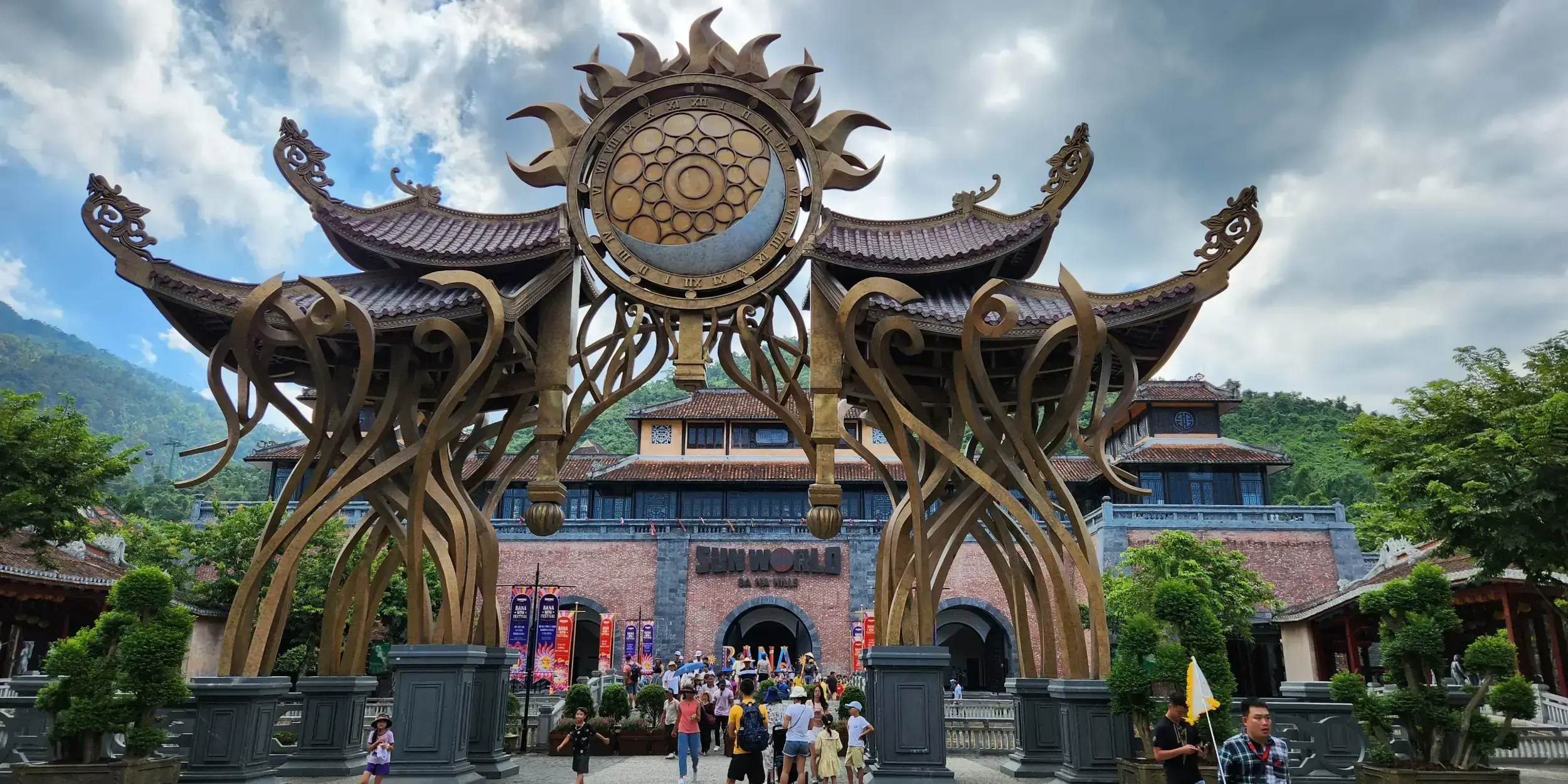
Sun World Bà Nà Hills, Da Nang, Vietnam
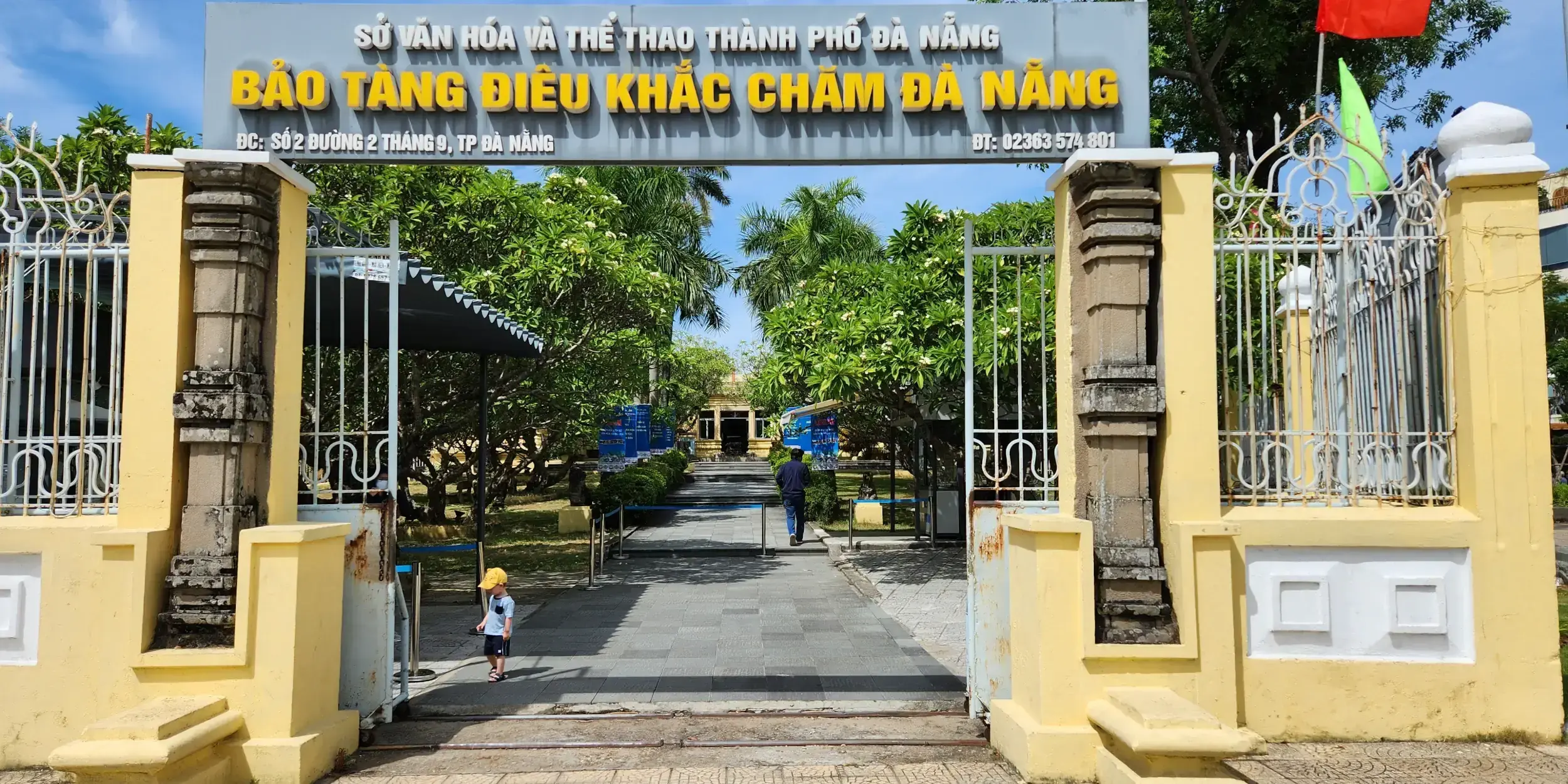
Museum of Cham Sculpture, Da Nang, Vietnam
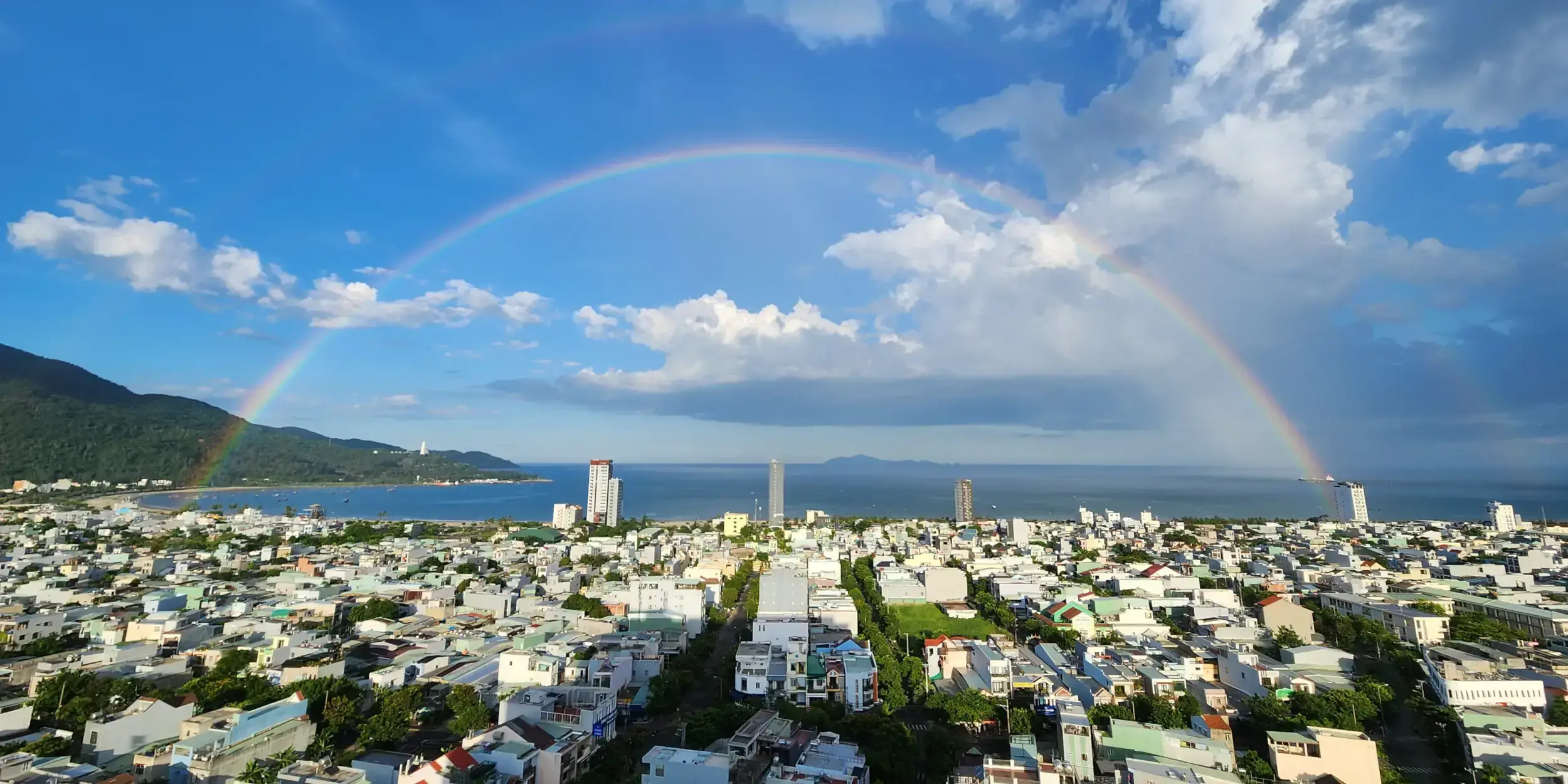
Da Nang, Vietnam
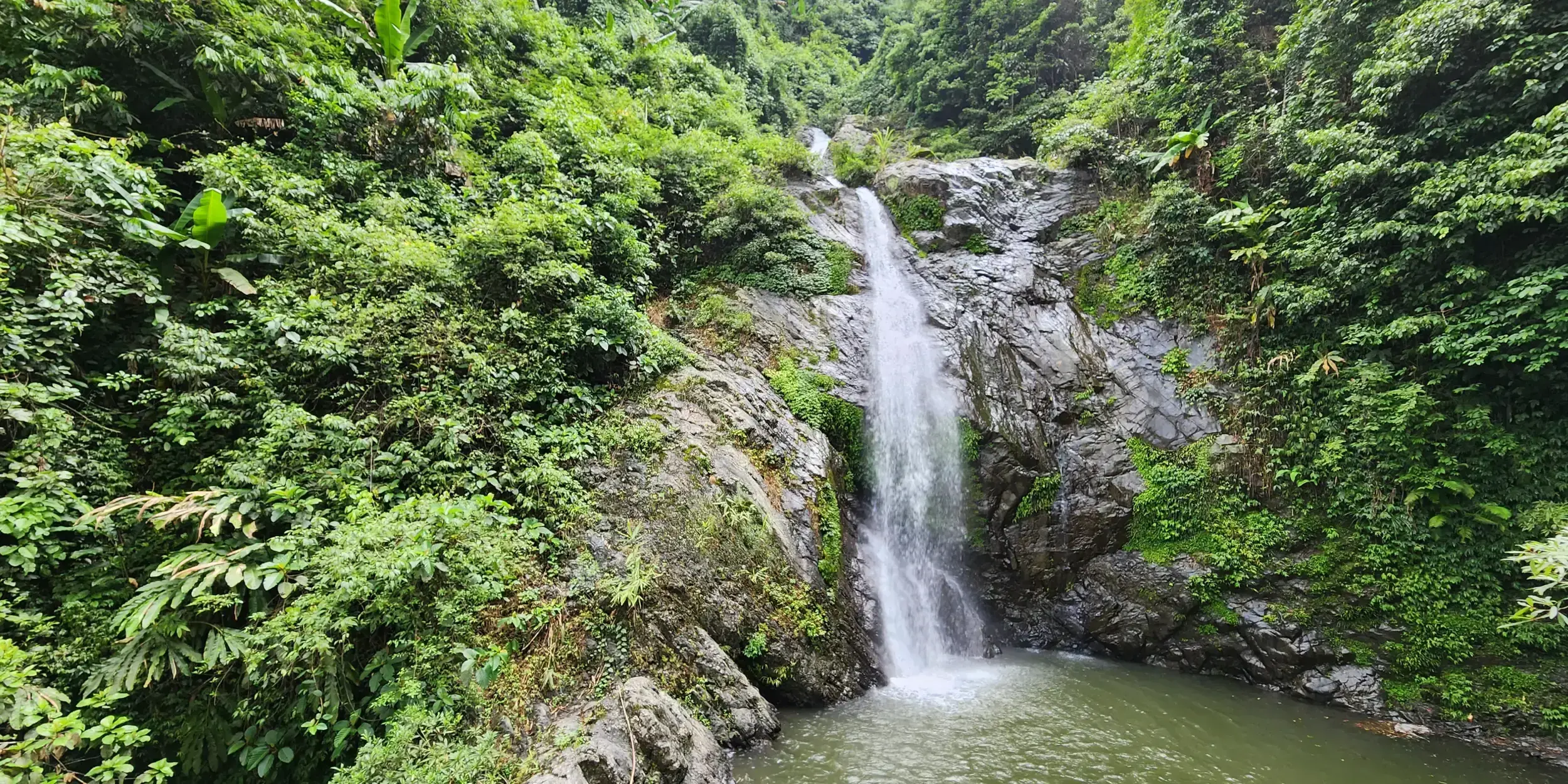
Nine waterfalls of Tú Sơn, Hoa Binh, Vietnam
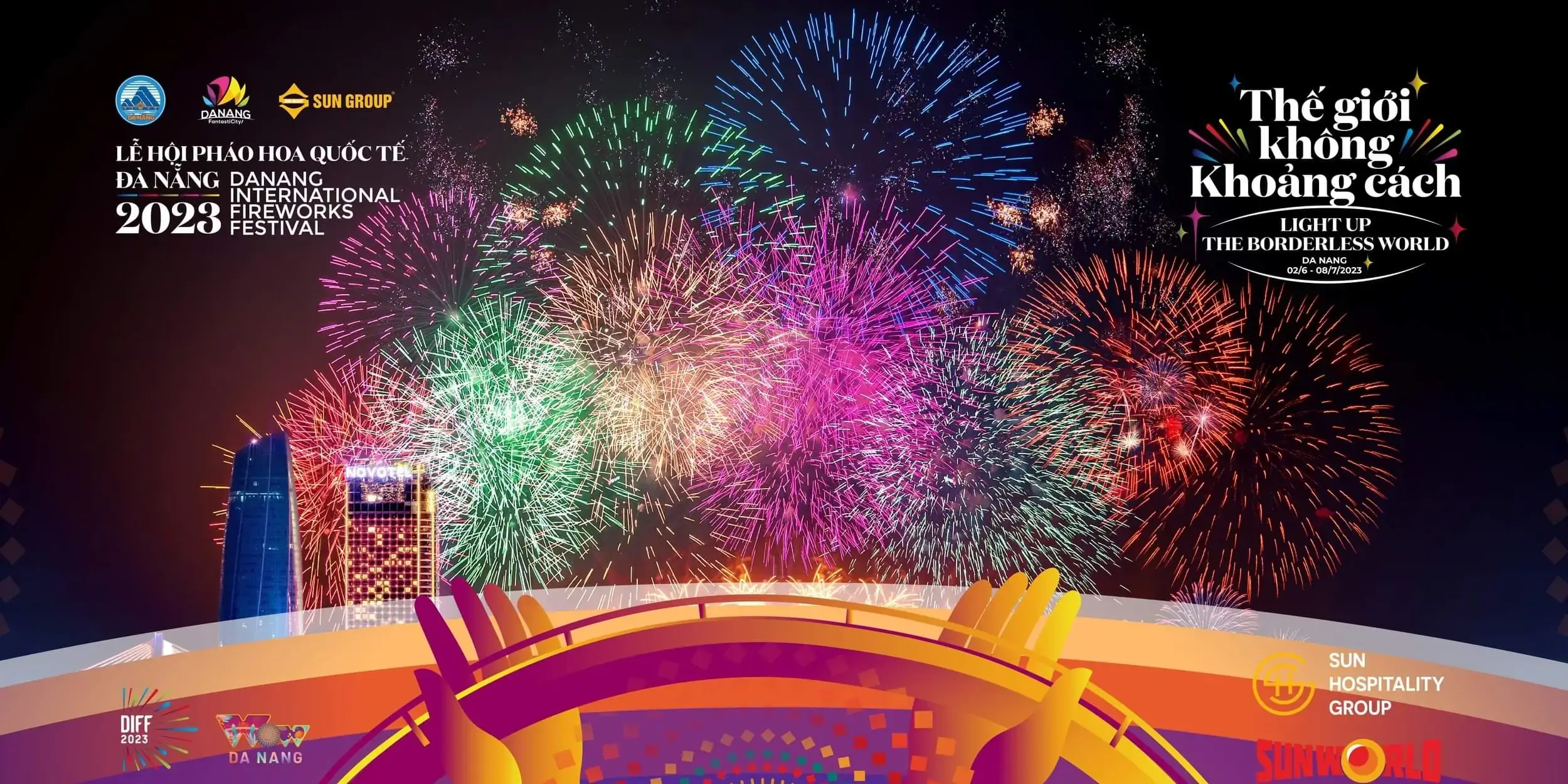
Da Nang International Fireworks Festival 2023
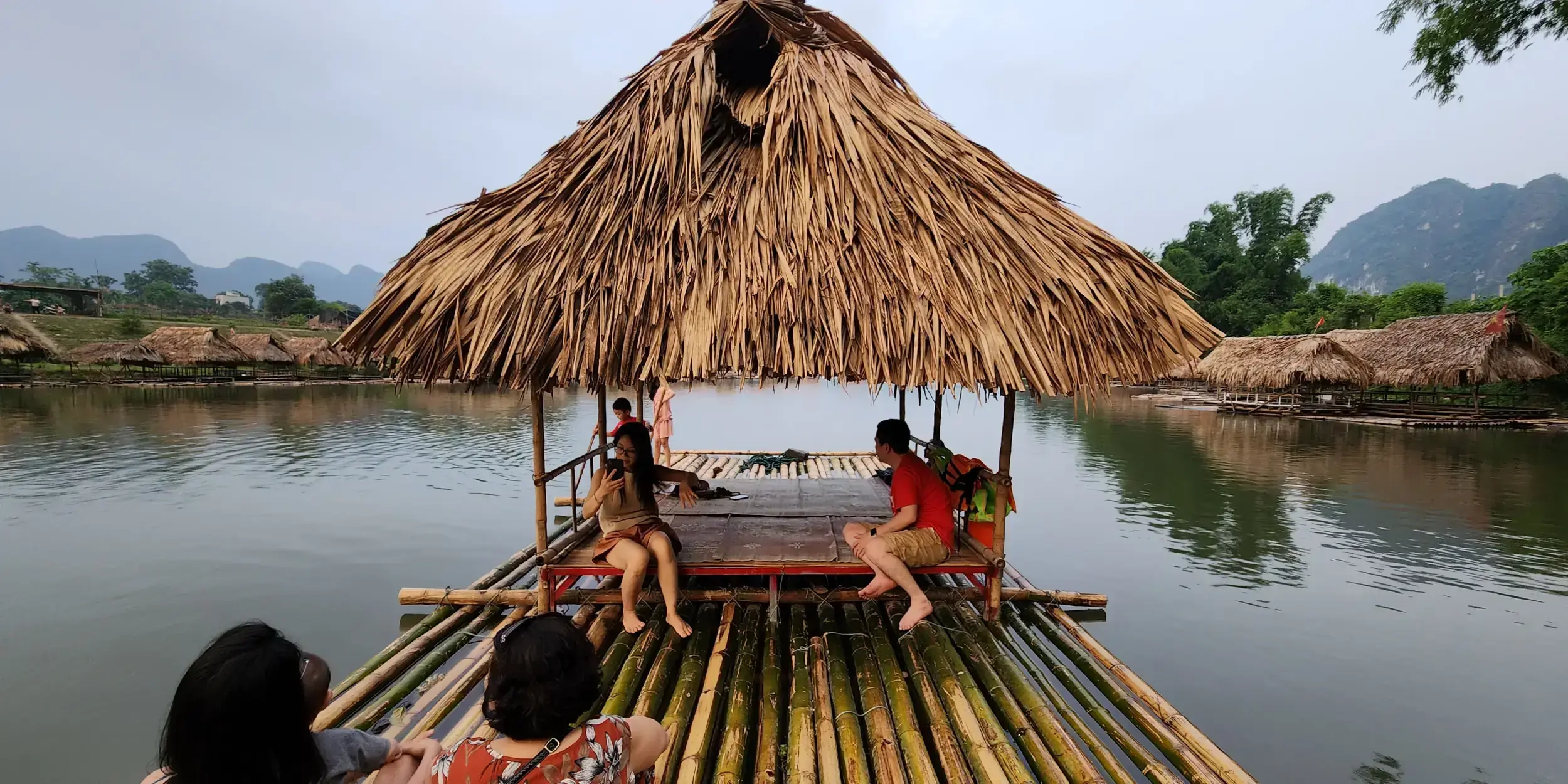
Bamboo River Raft Cruise, Hoa Binh, Vietnam
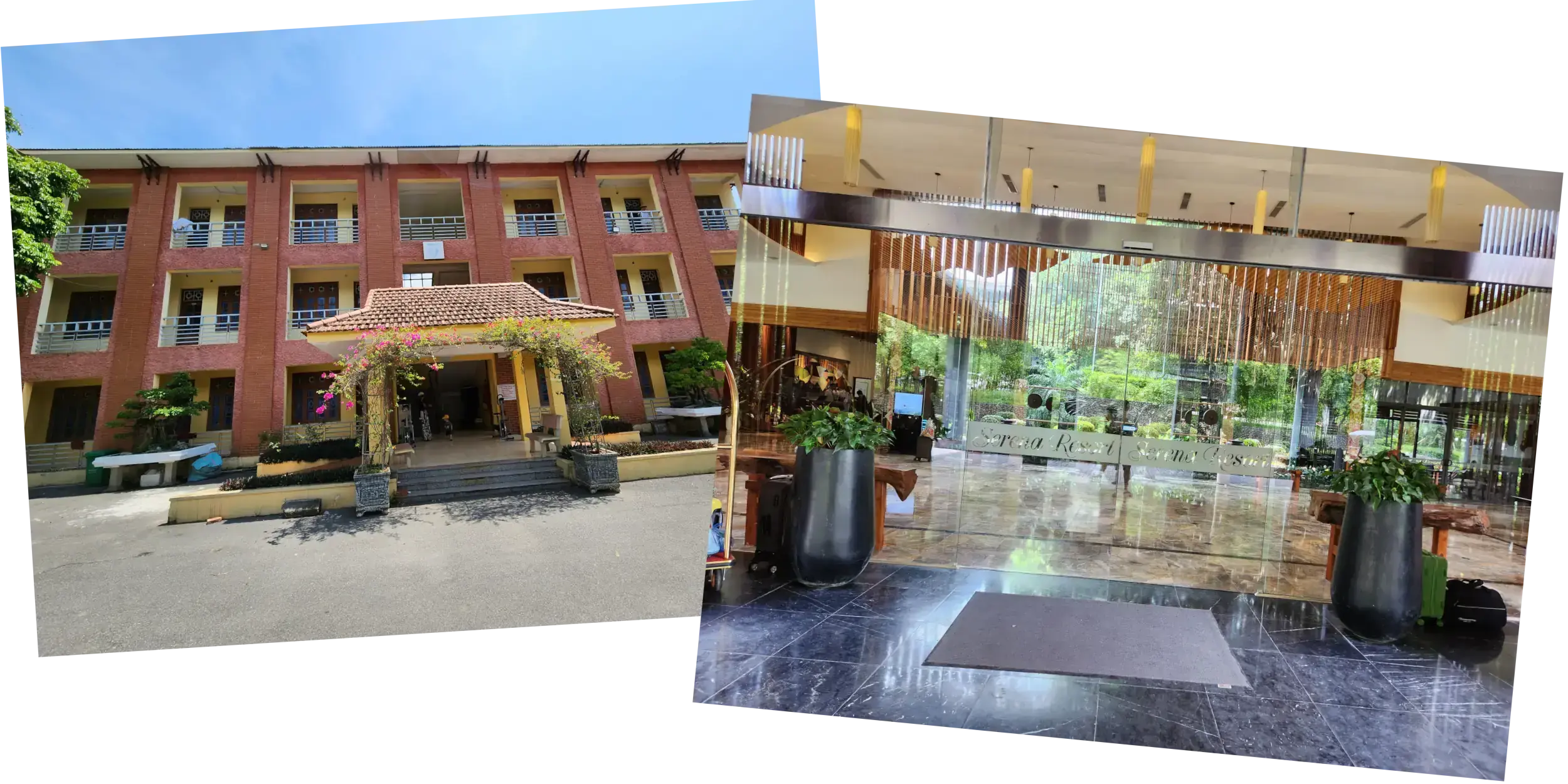
A Tale of Two Resorts in Hoa Binh, Vietnam
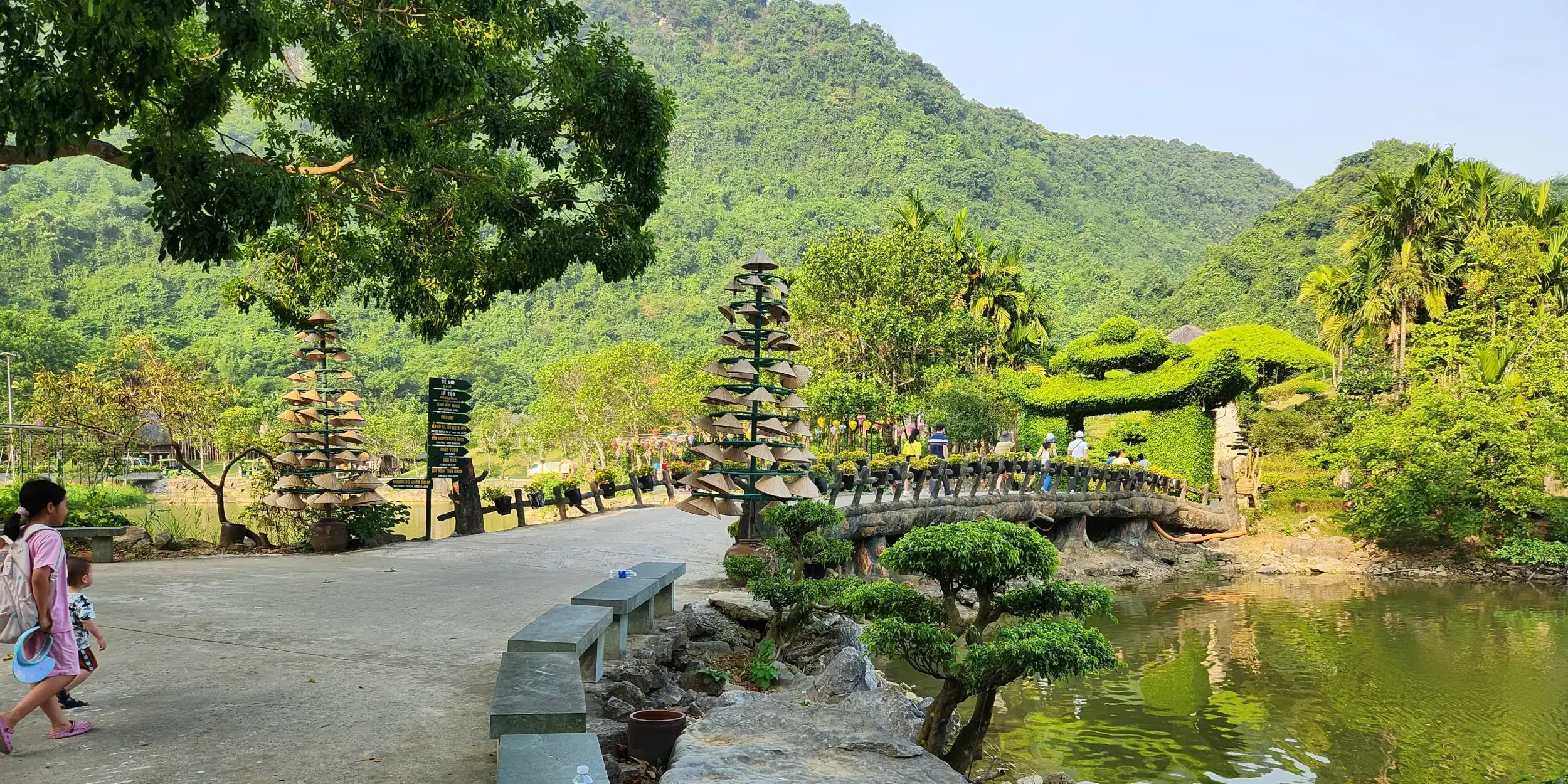
2 Days in Ninh Binh, Vietnam
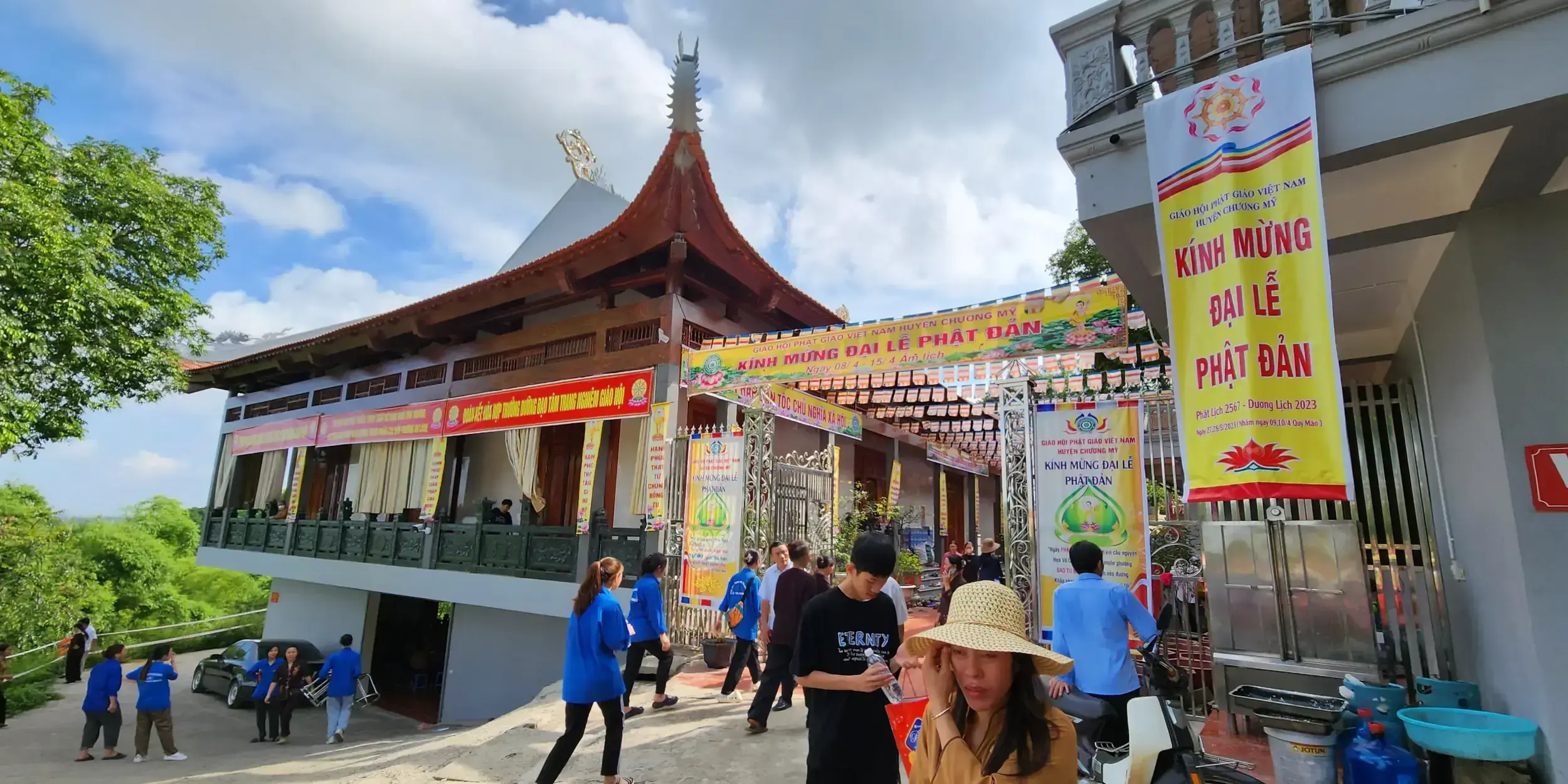
Trăm Gian Pagoda, Hanoi, Vietnam
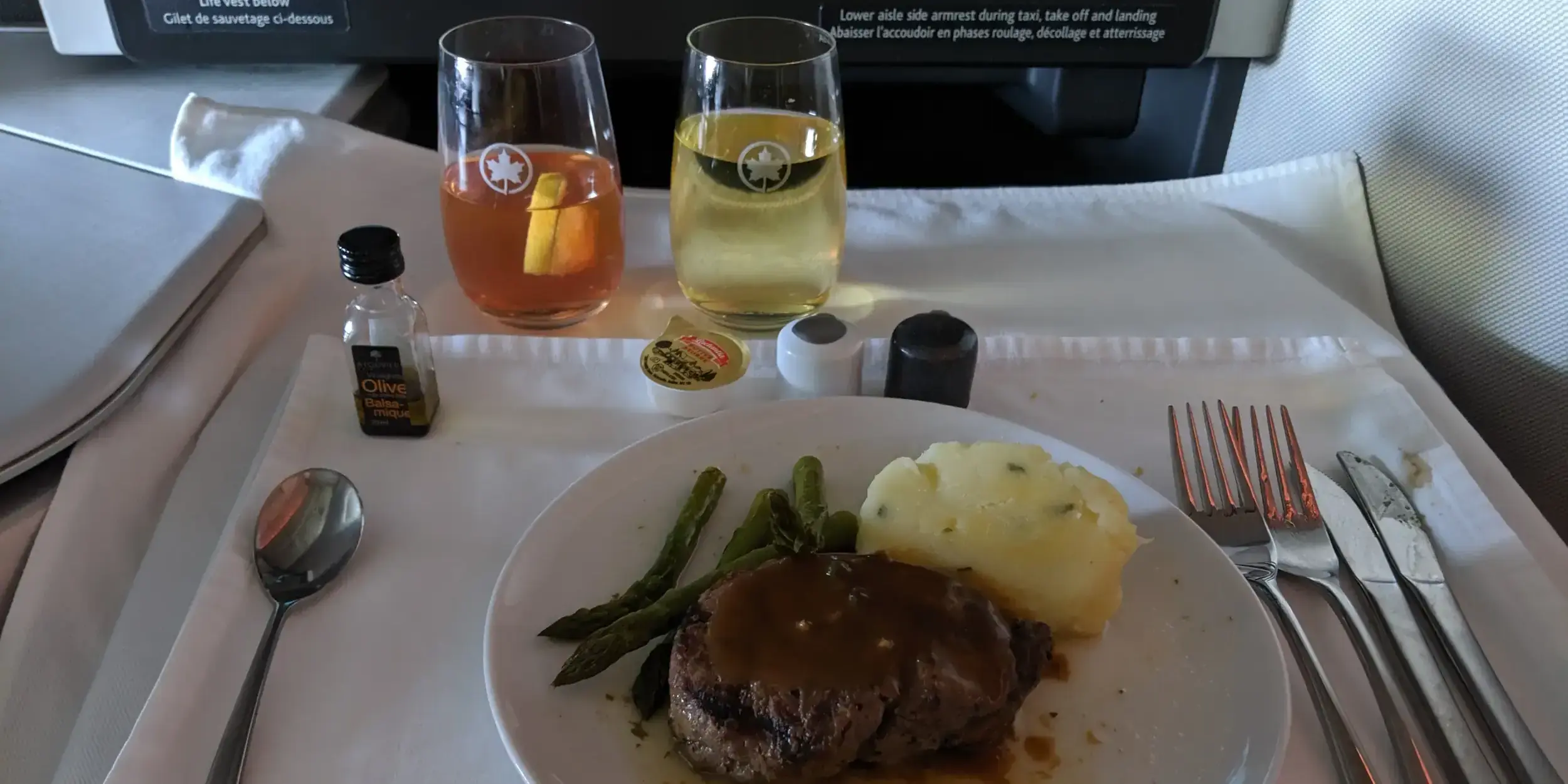
Flying Business-class With Air Canada. Worth it?
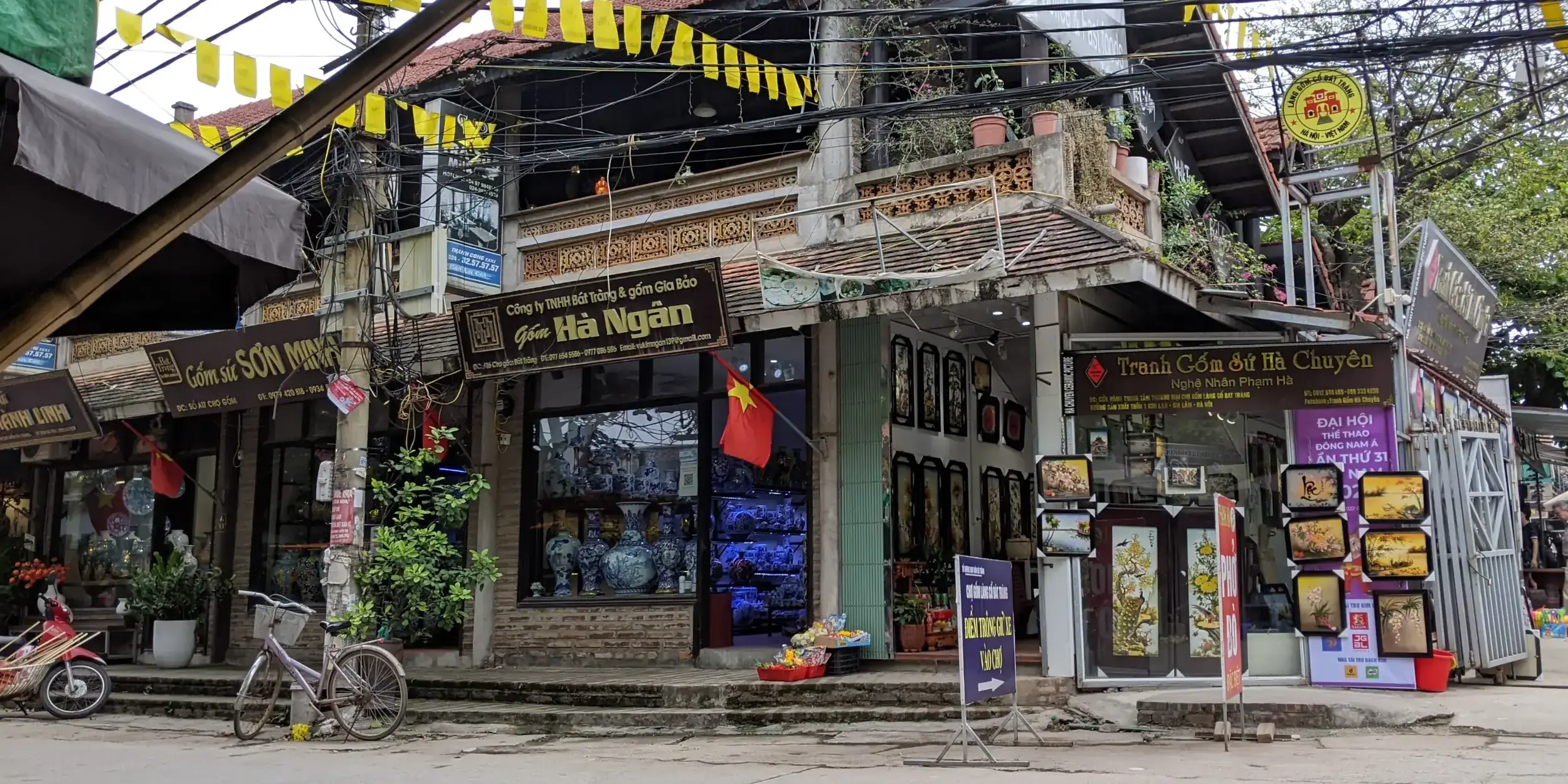
Bát Tràng Pottery Village, Hanoi, Vietnam
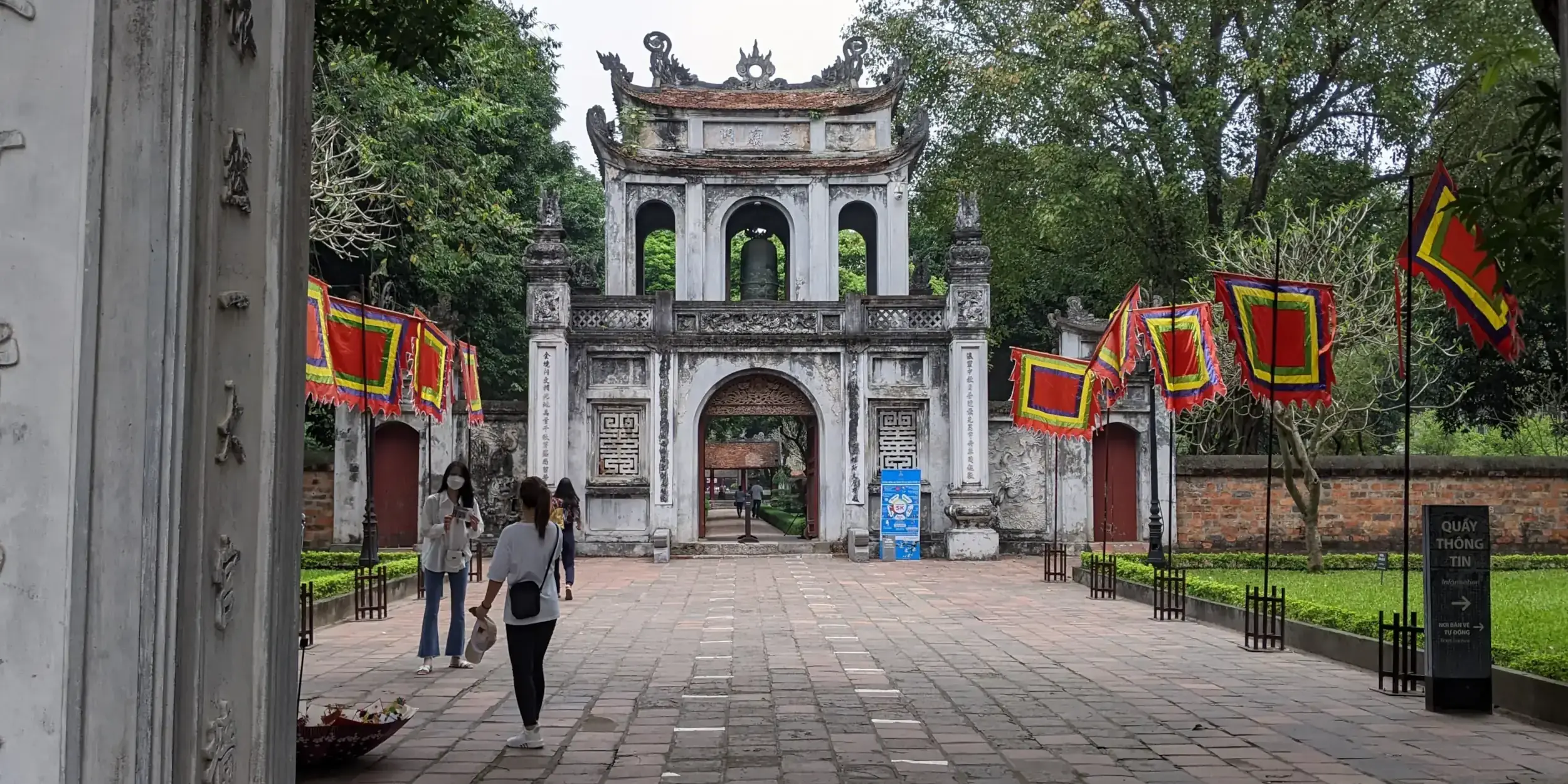
Temple of Literature, Hanoi, Vietnam
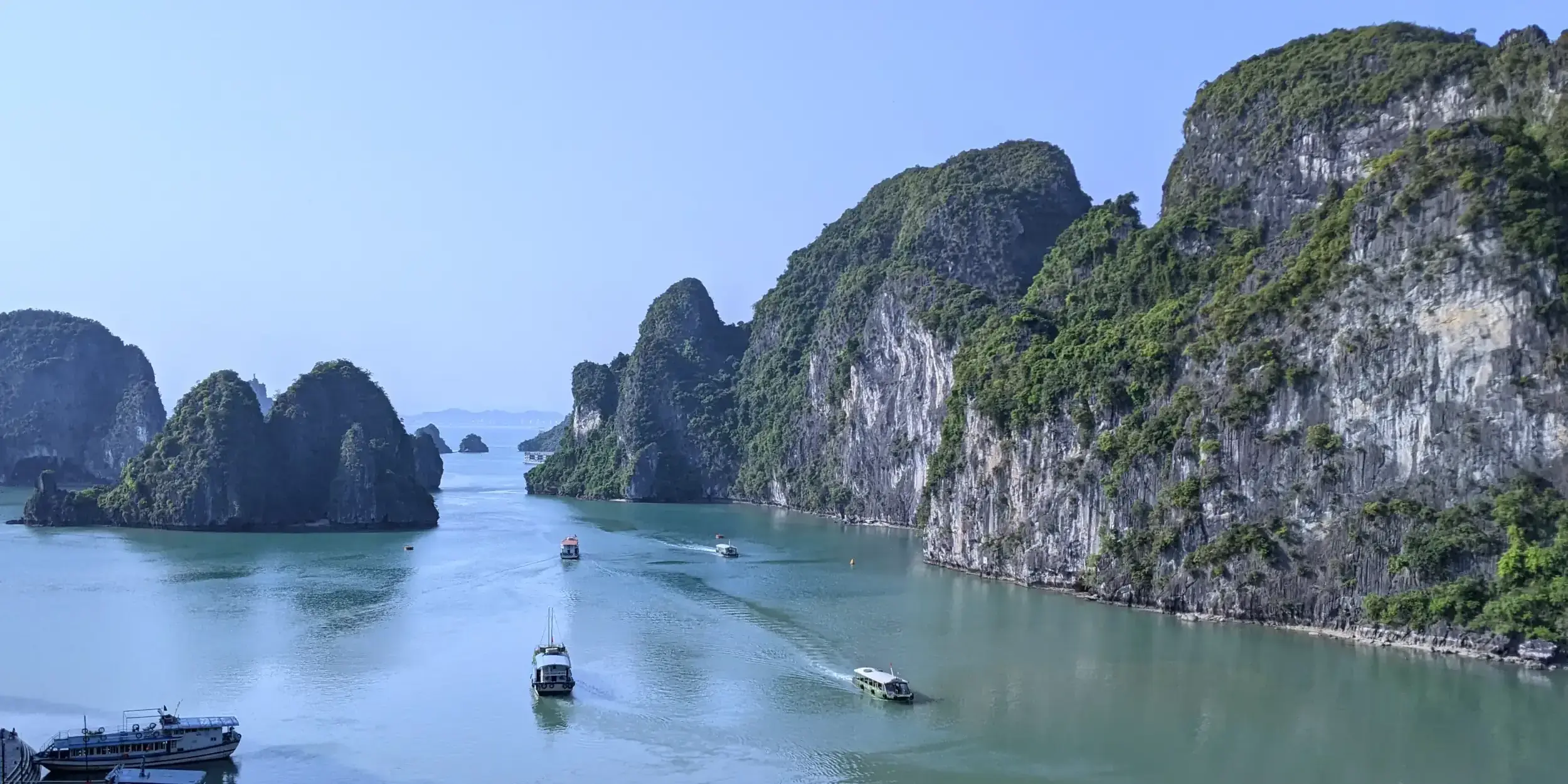
Hạ Long Bay 2-Day 1-Night Cruise, Ha Long, Vietnam
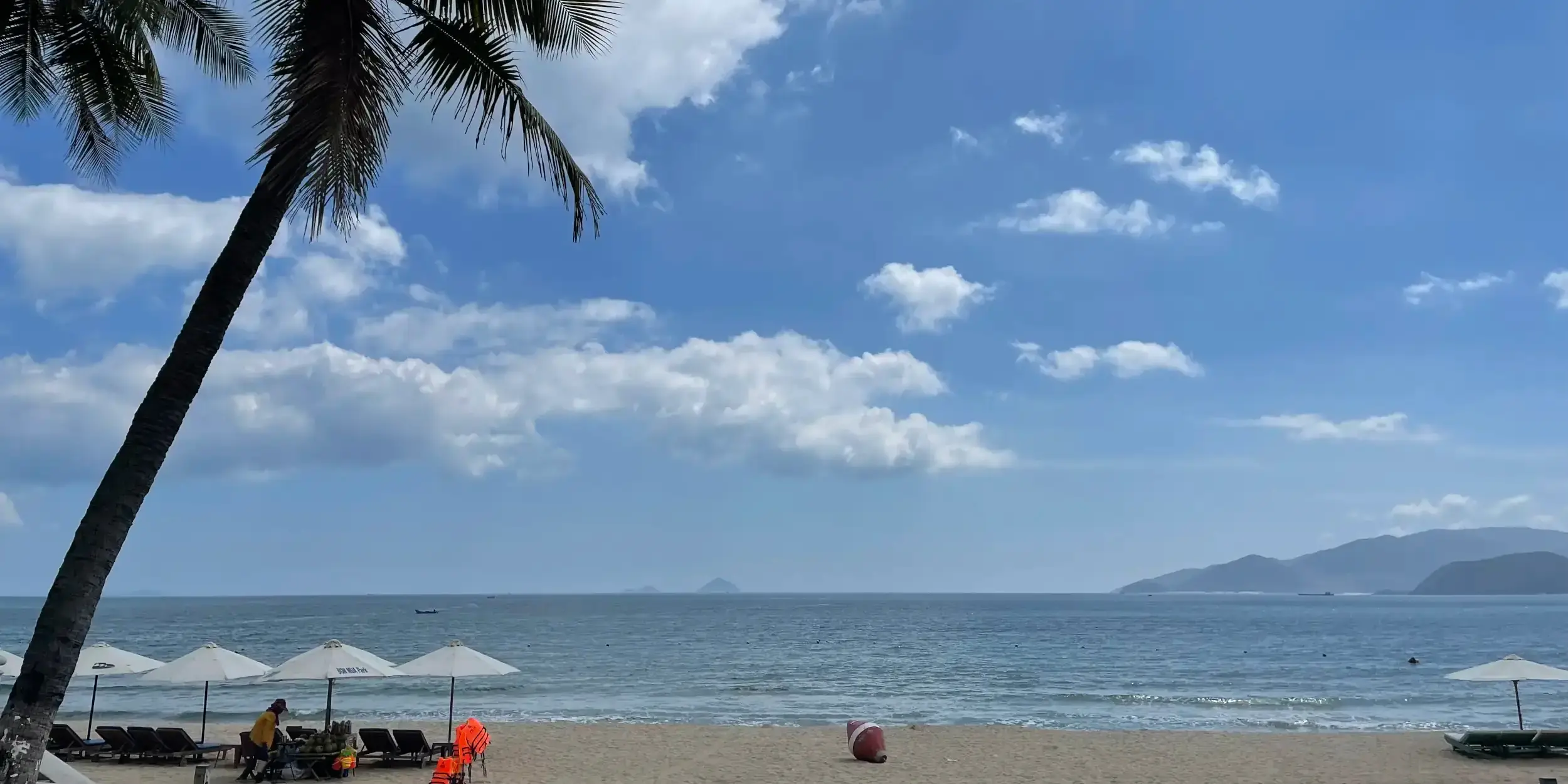
The Beaches in Nha Trang, Vietnam
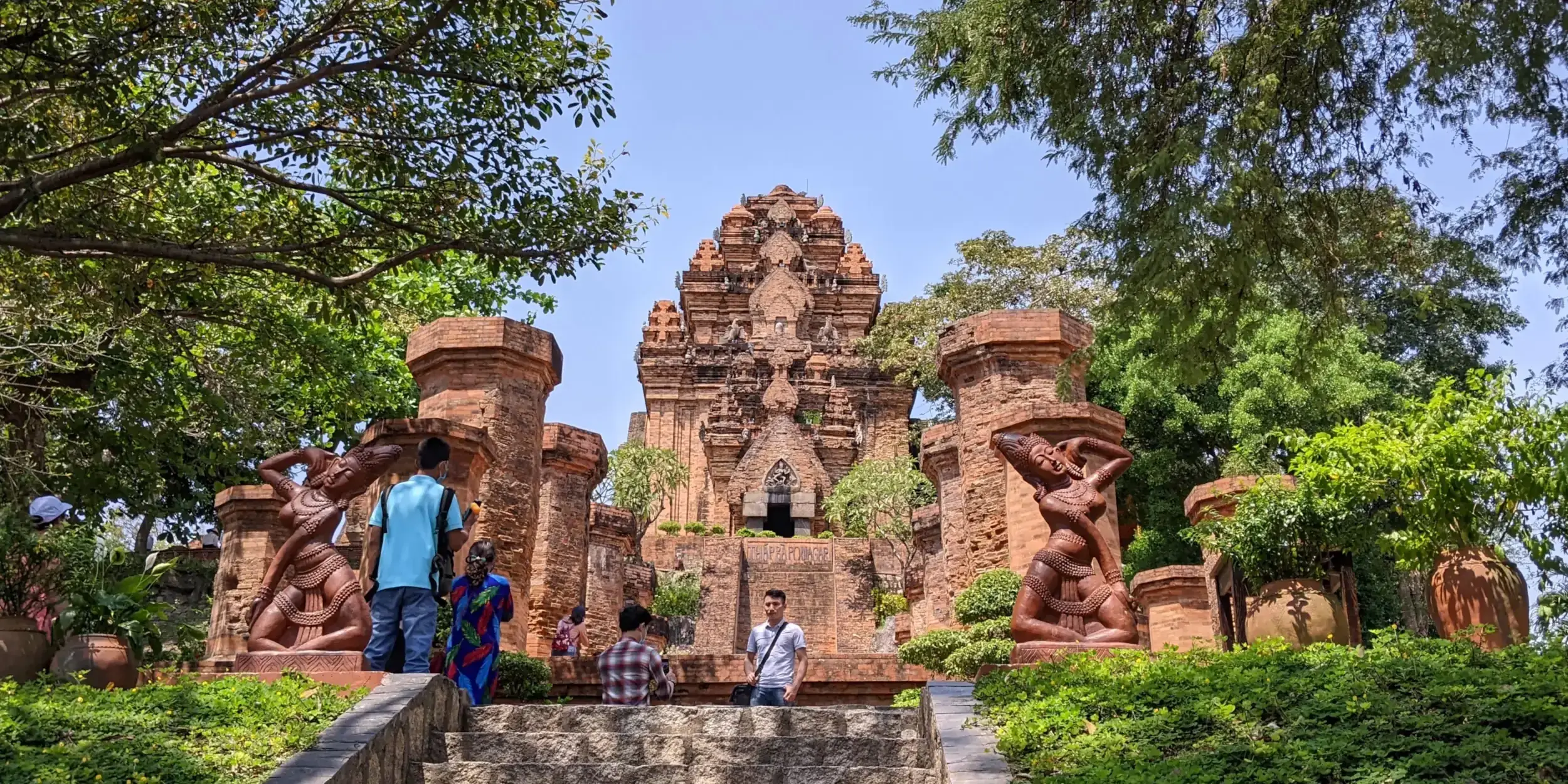
Po Nagar Cham Temple Ruins, Nha Trang, Vietnam
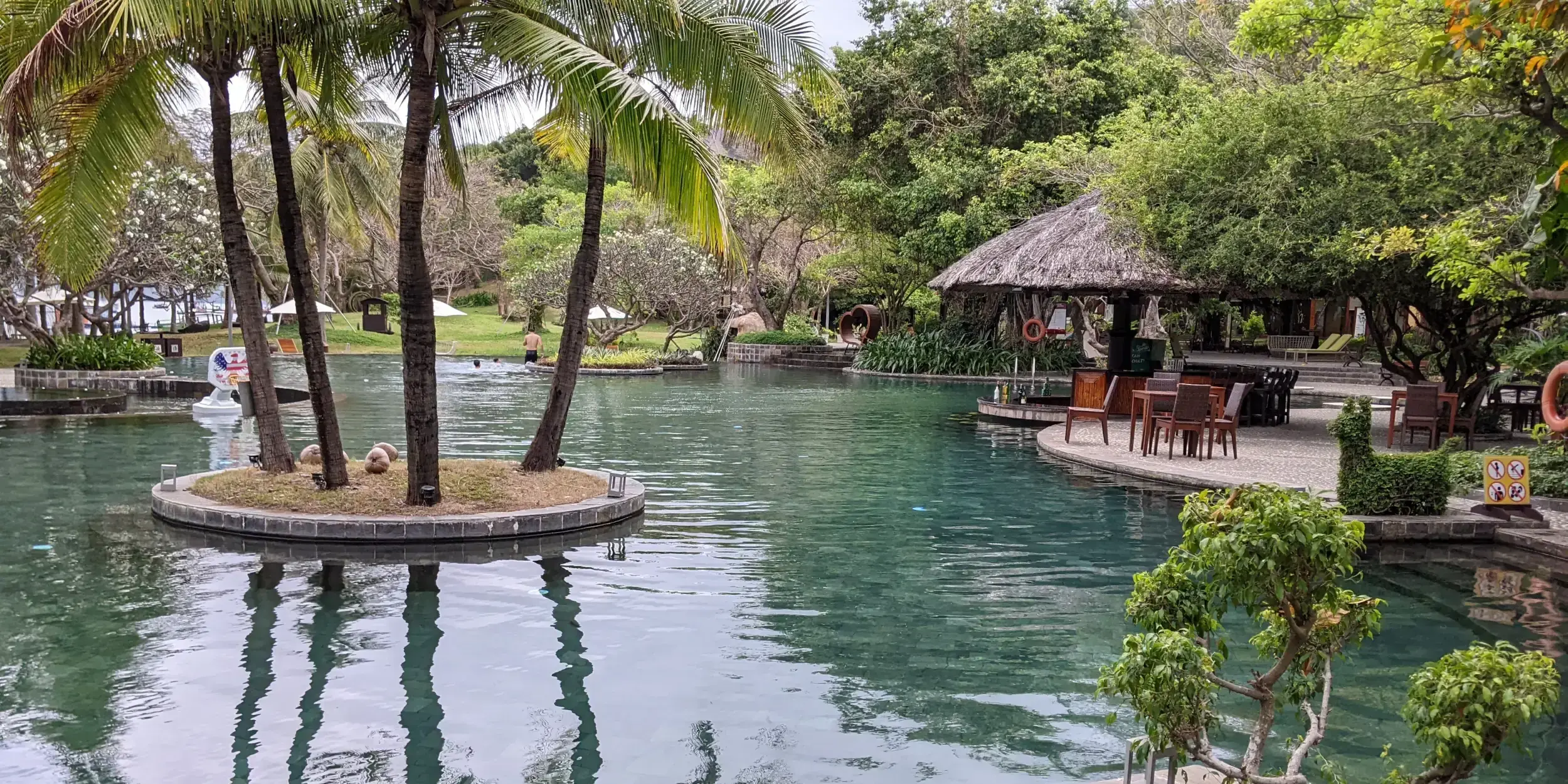
MerPerle Hon Tam Resort, Nha Trang, Vietnam
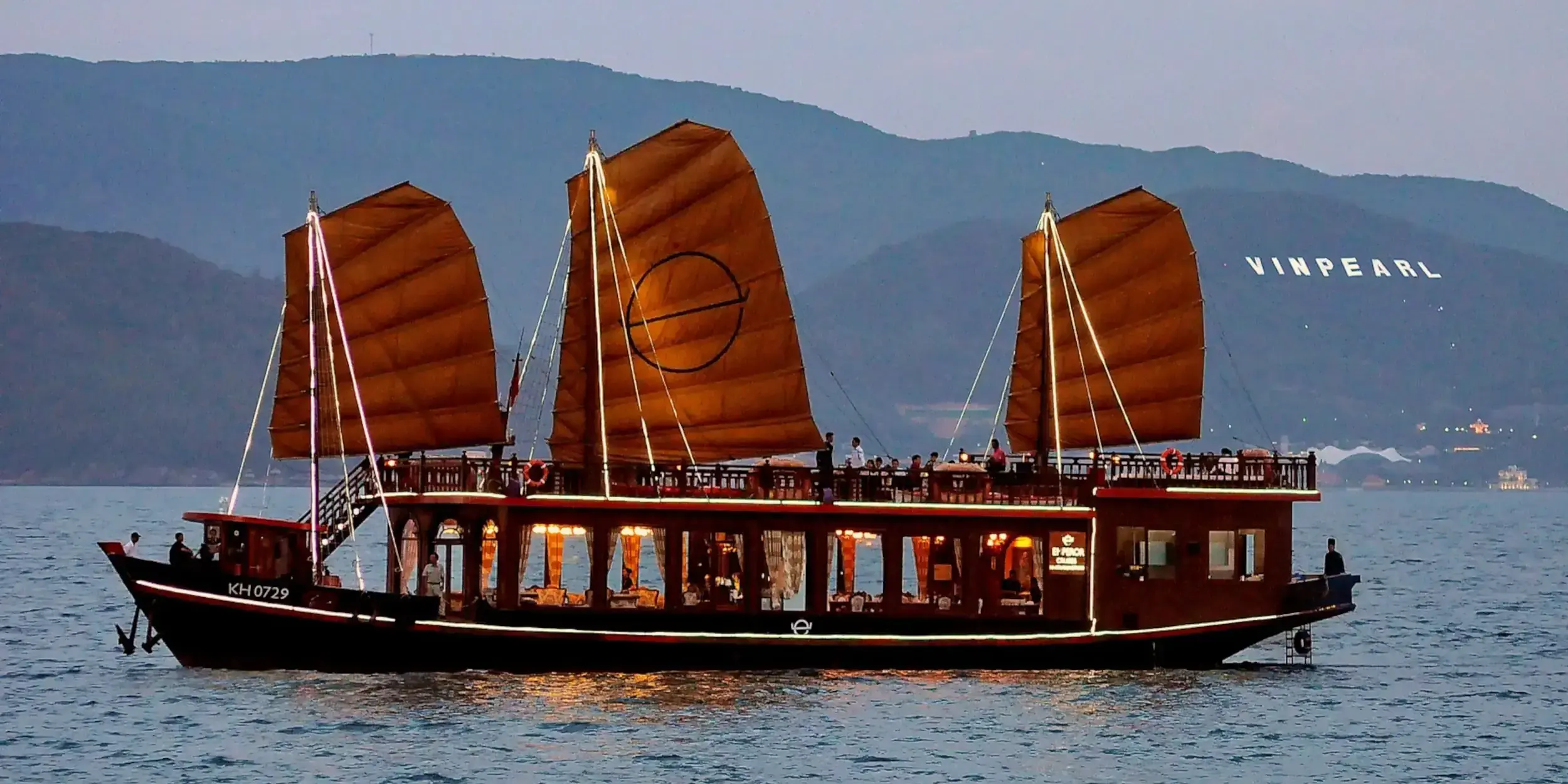
Emperor Cocktail & Dinner Cruise, Nha Trang, Vietnam
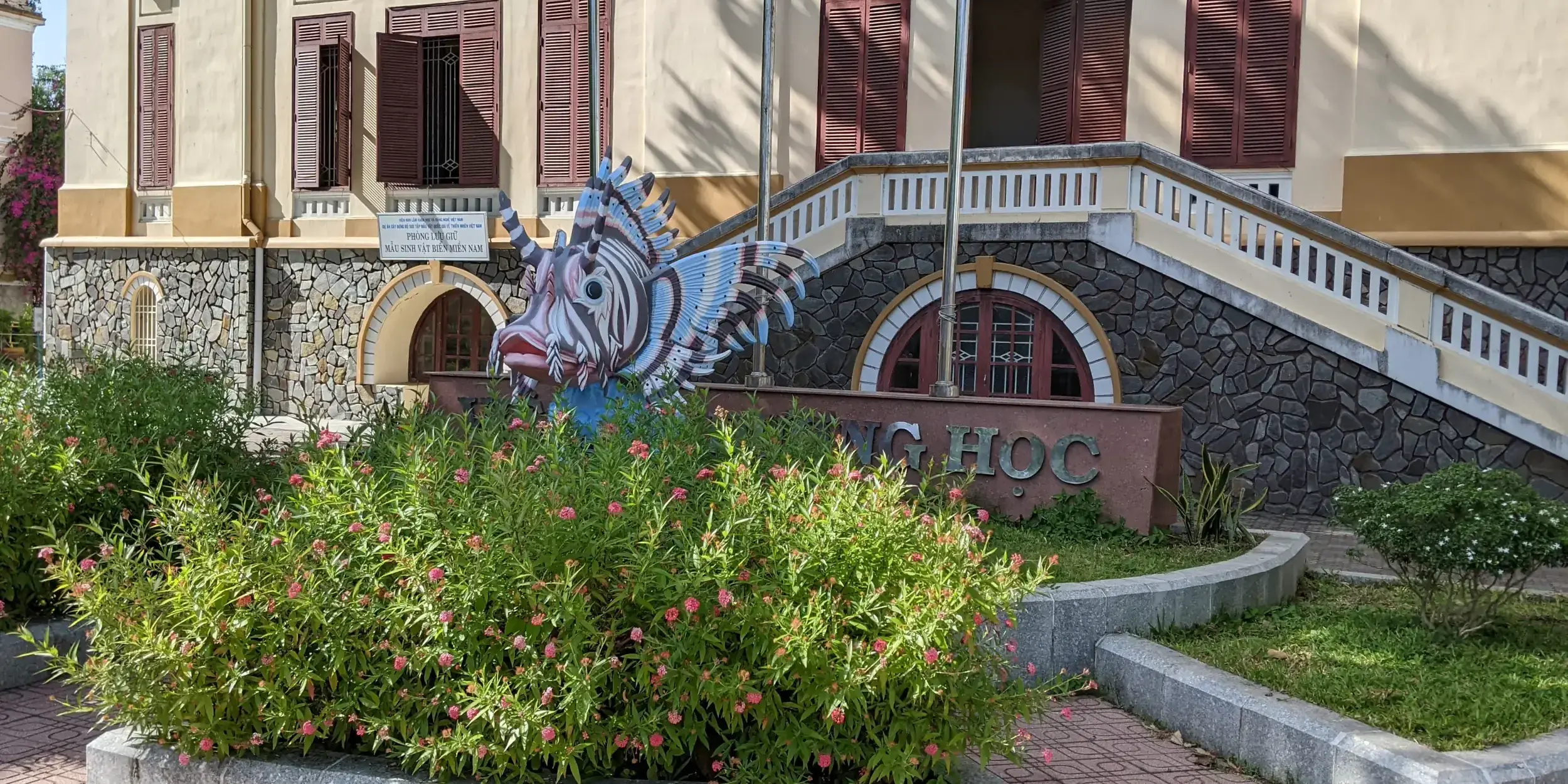
Museum of Oceanography, Nha Trang, Vietnam
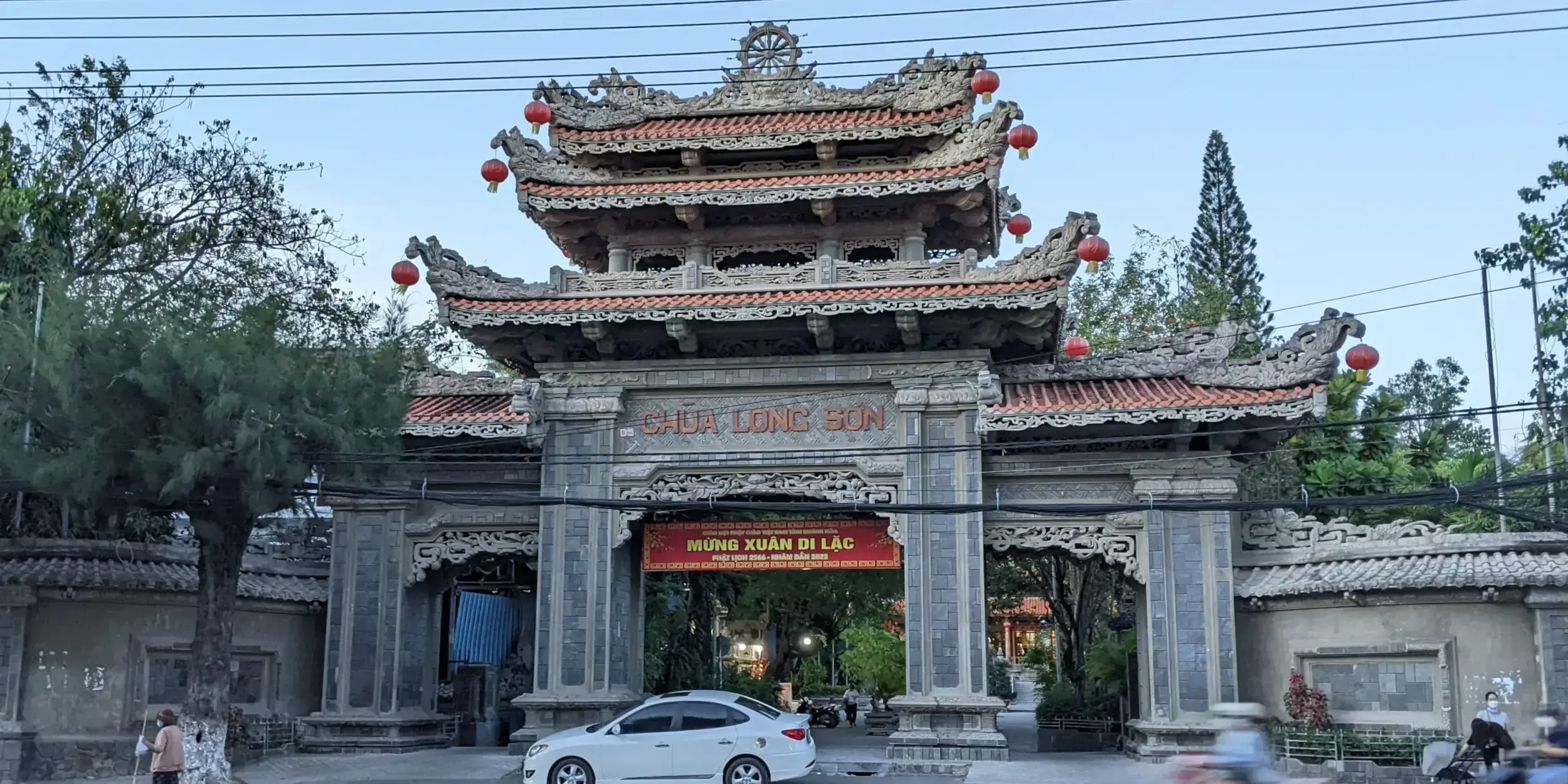
Long Sơn Temple, Nha Trang, Vietnam
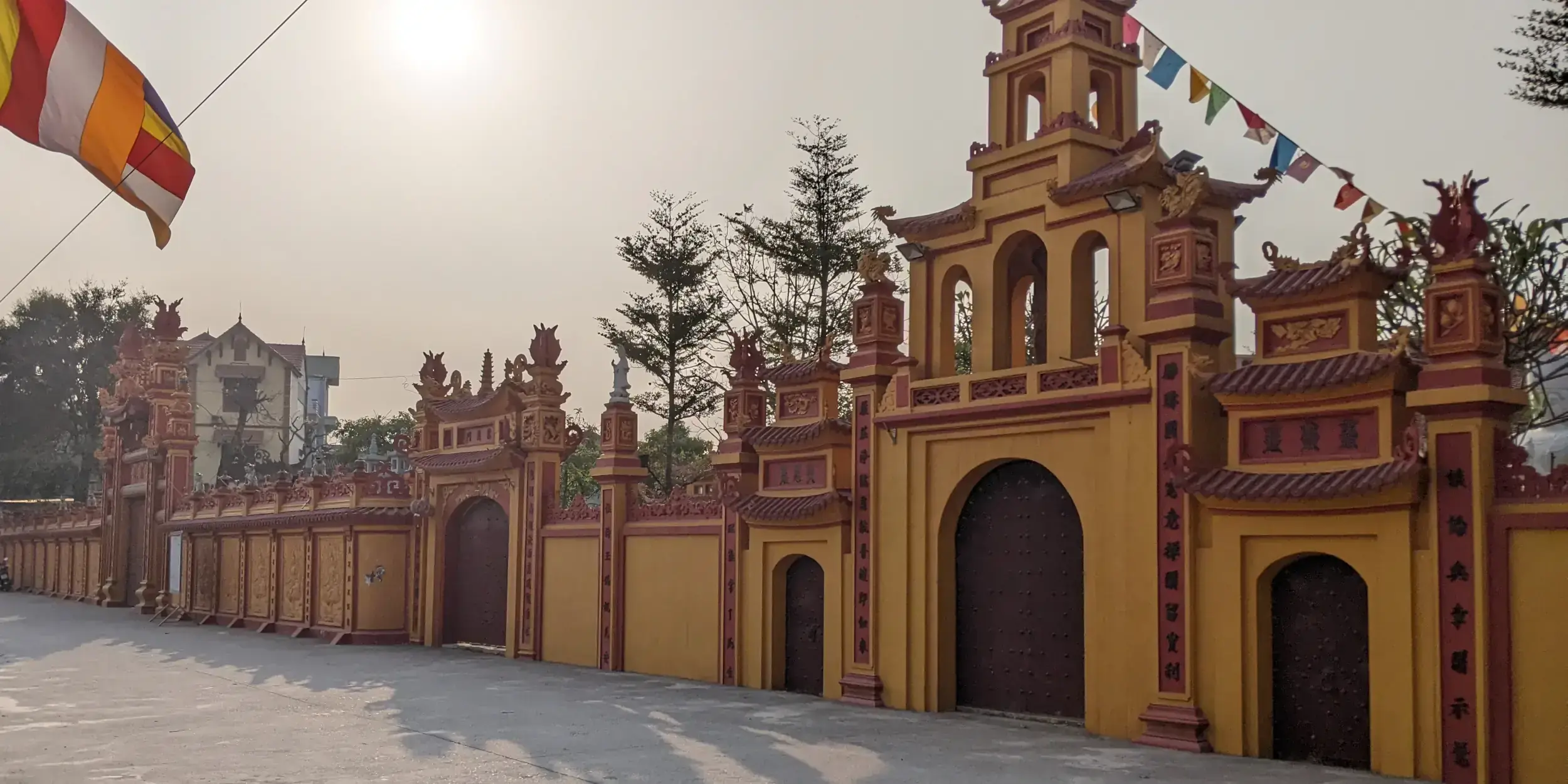
Thắng Nghiêm Temple, Hanoi, Vietnam
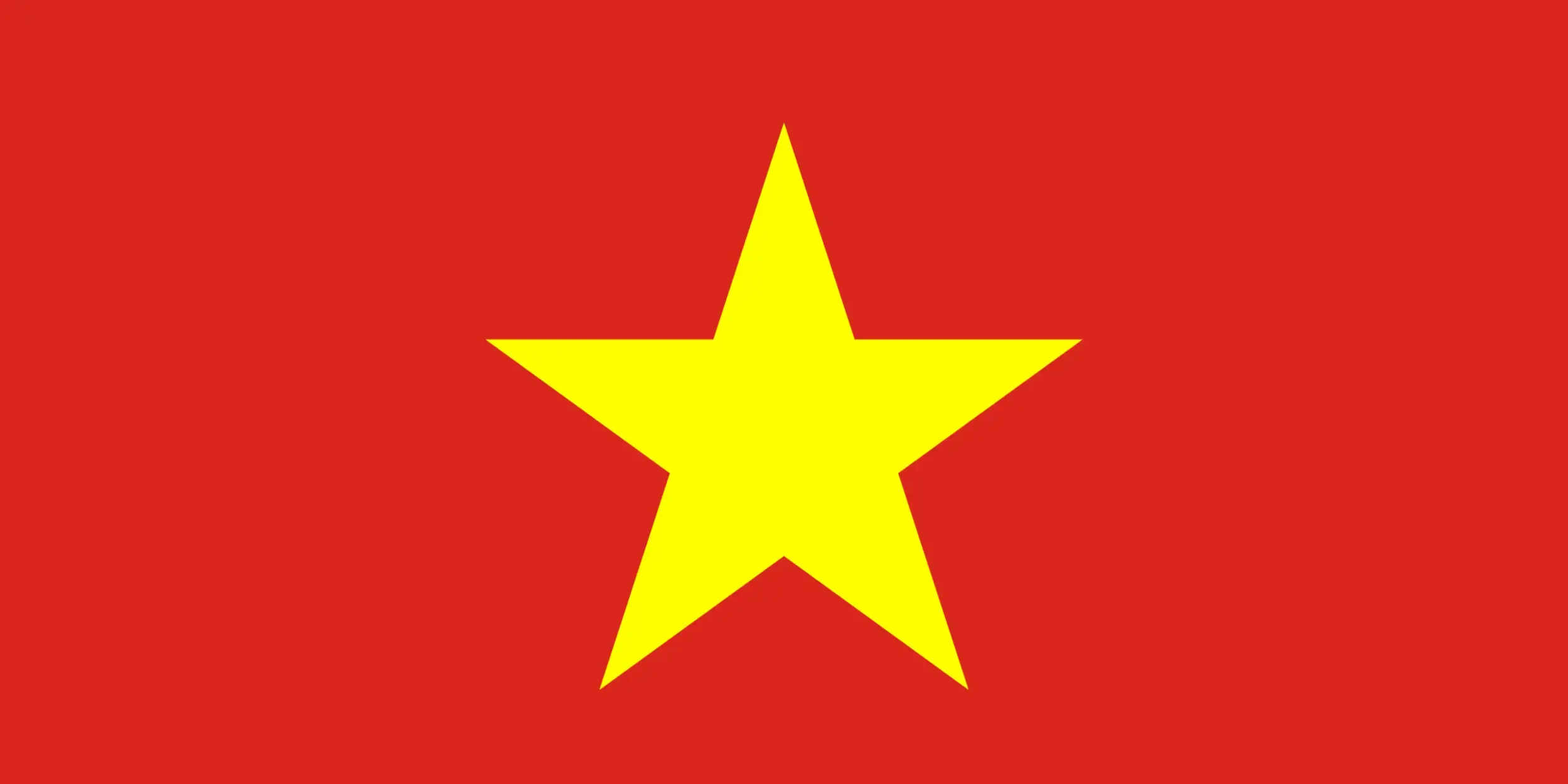
3 Weeks in Vietnam
1 Week in Thailand
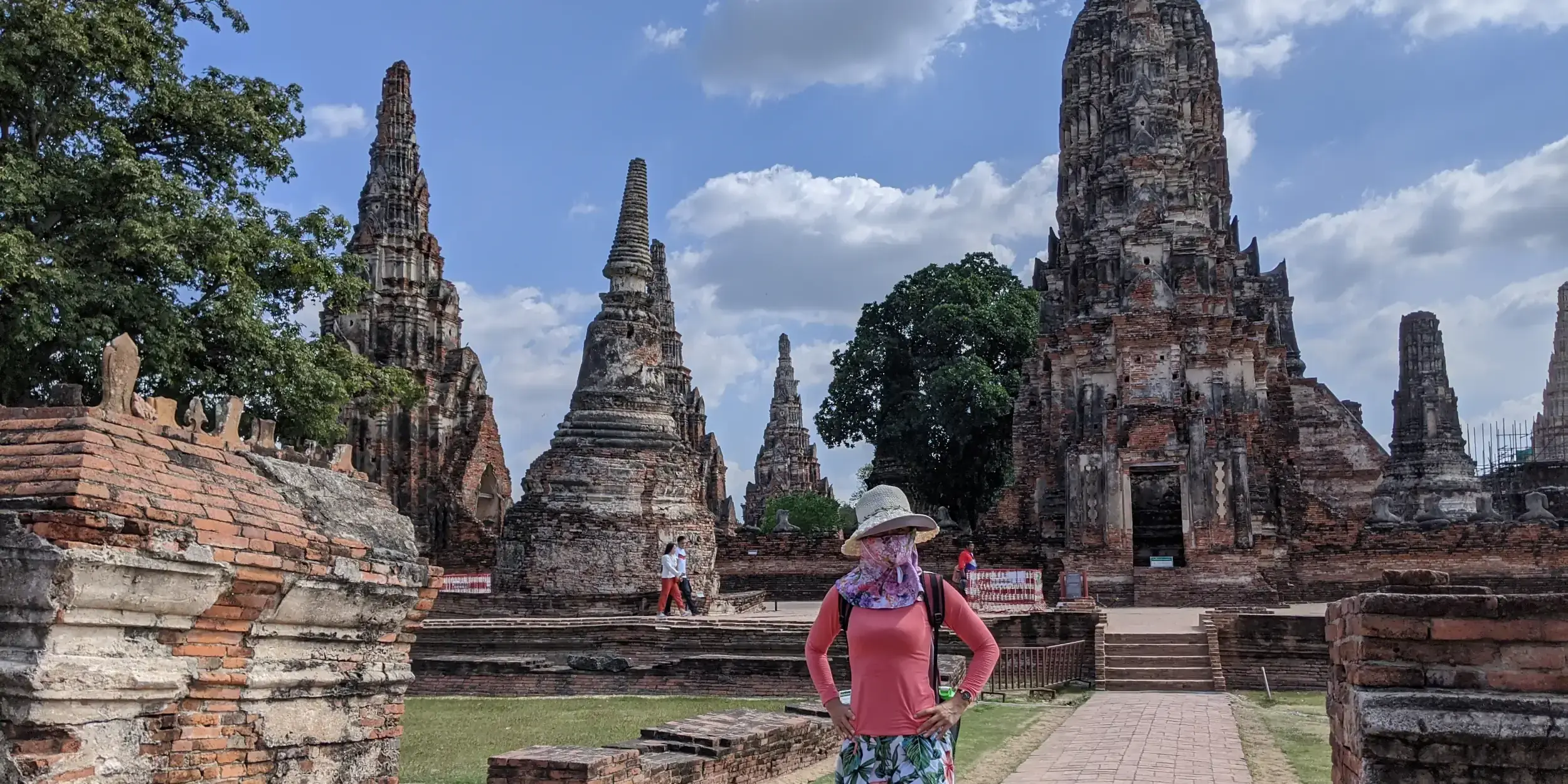
1 Day in Ayutthaya, Thailand
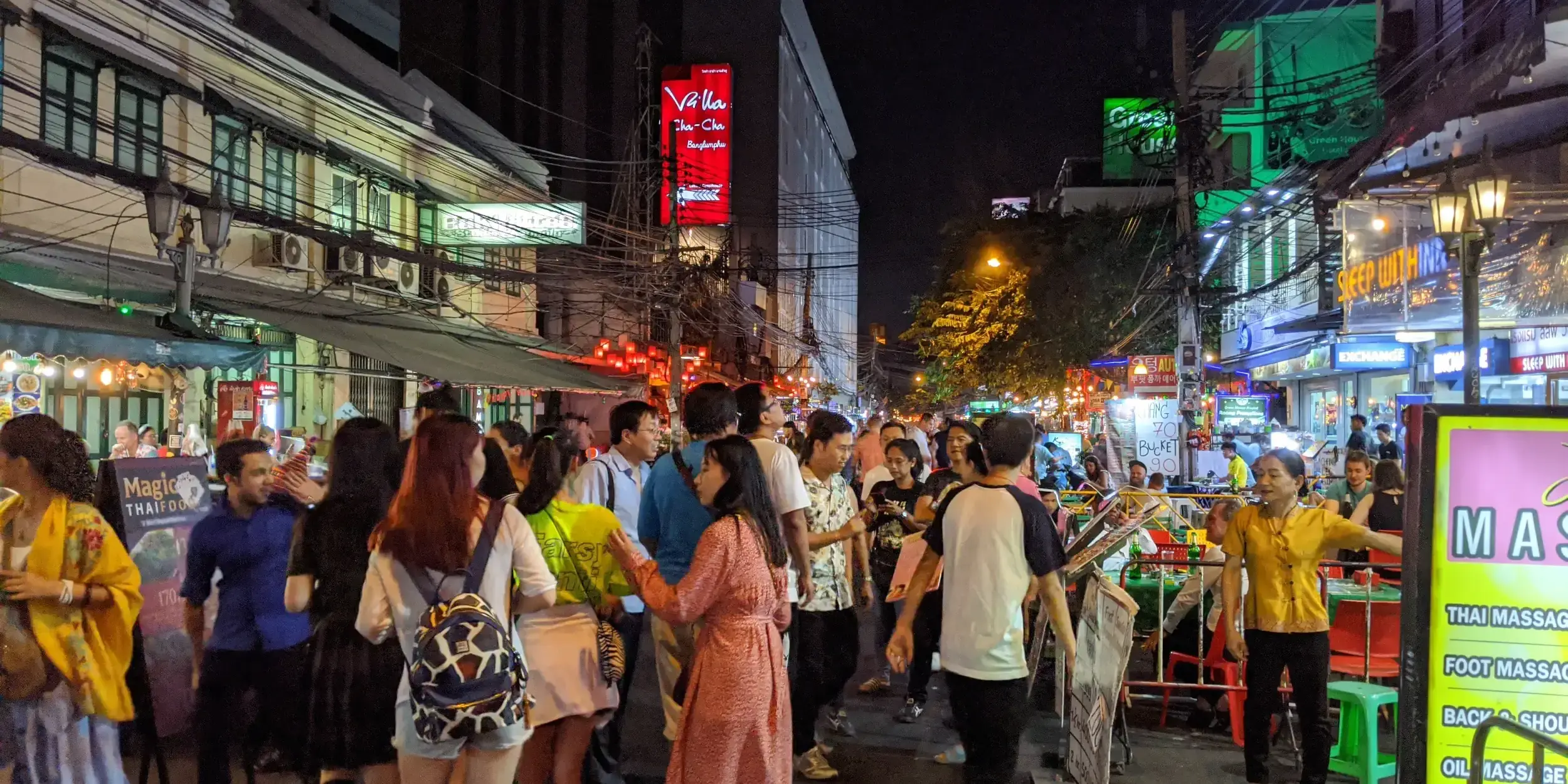
2 Days in Bangkok, Thailand
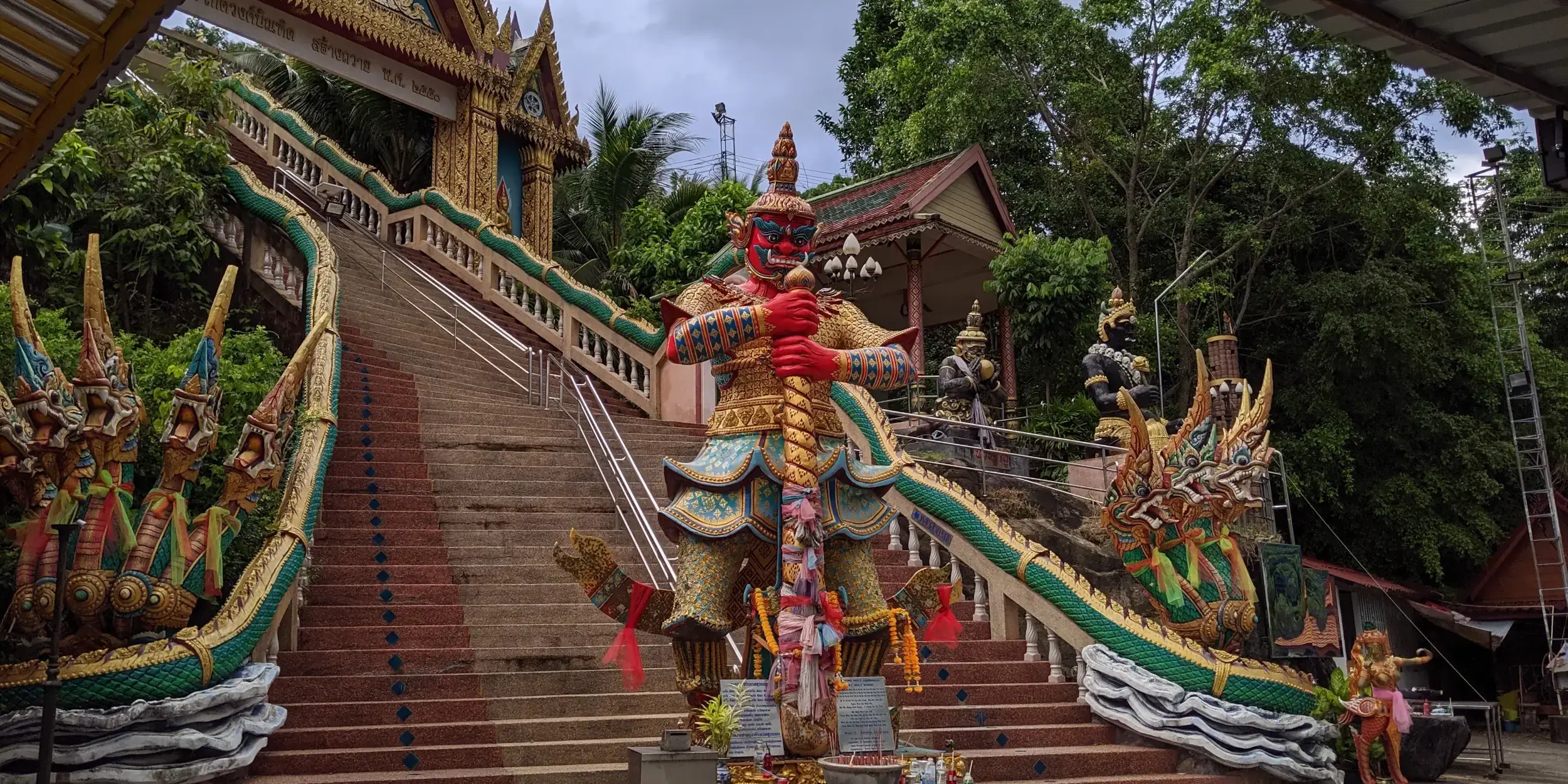
3 Days in Phuket, Thailand
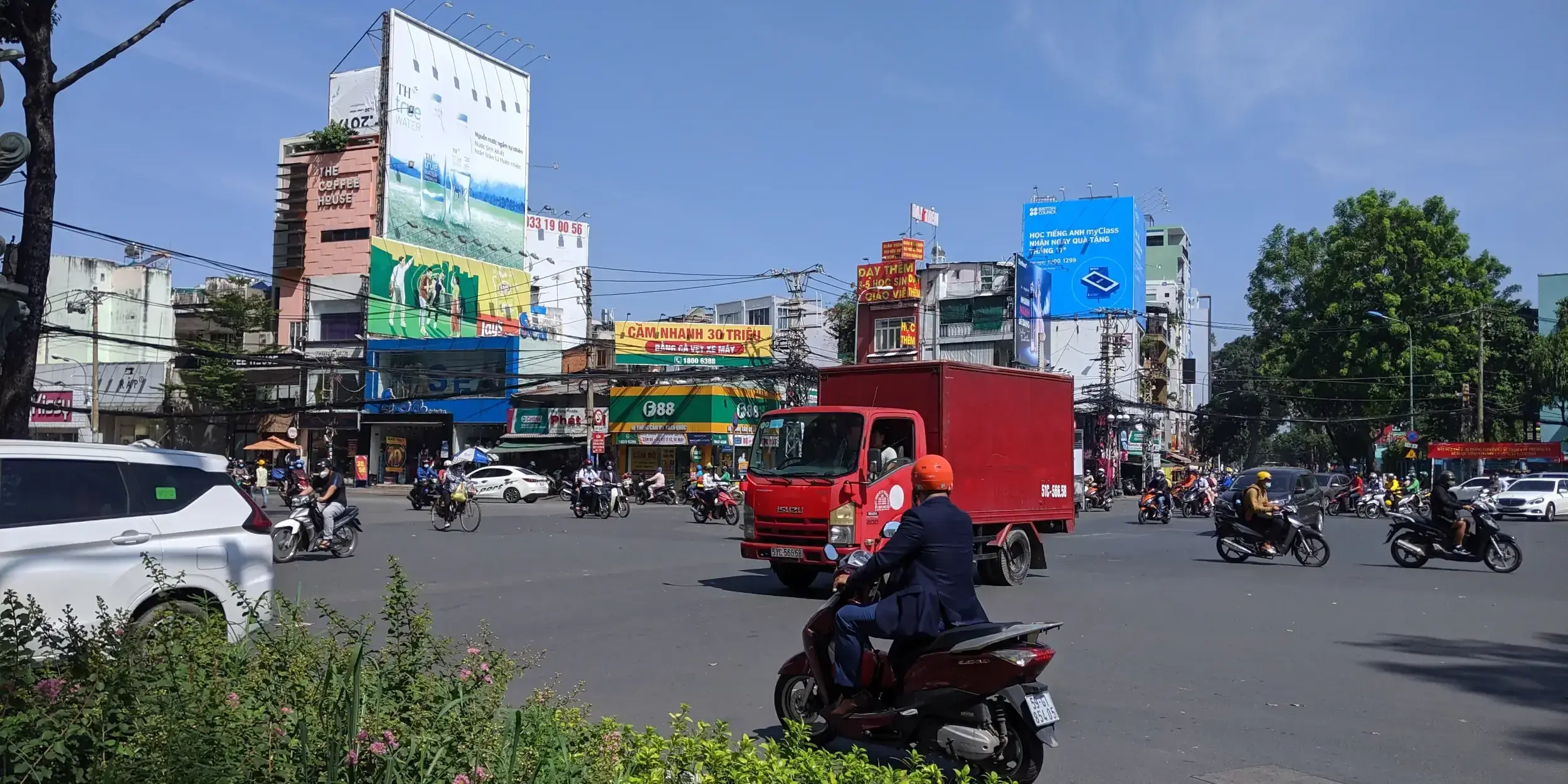
2 Days in Saigon, Vietnam
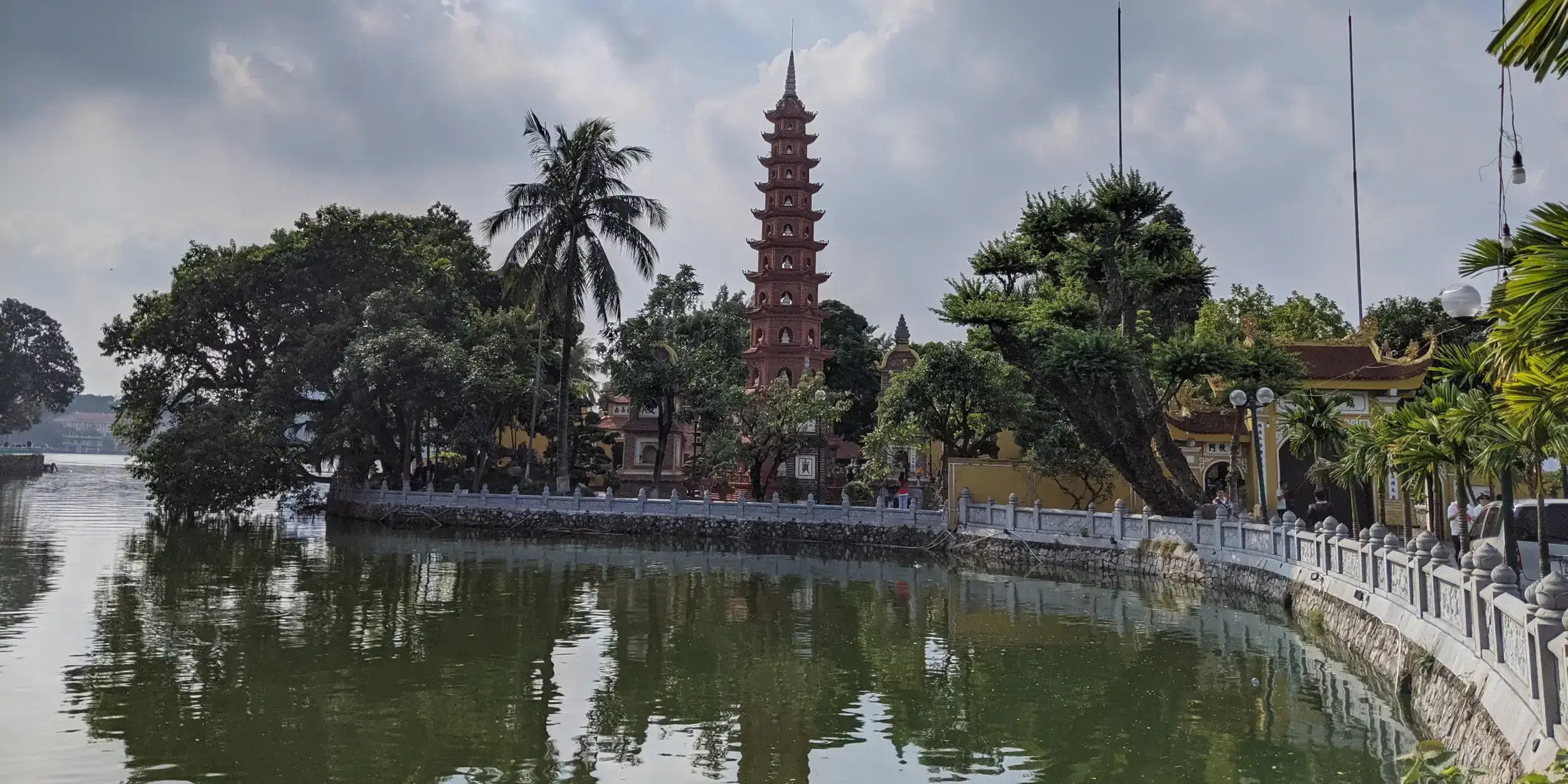
2 More Days in Hanoi, Vietnam
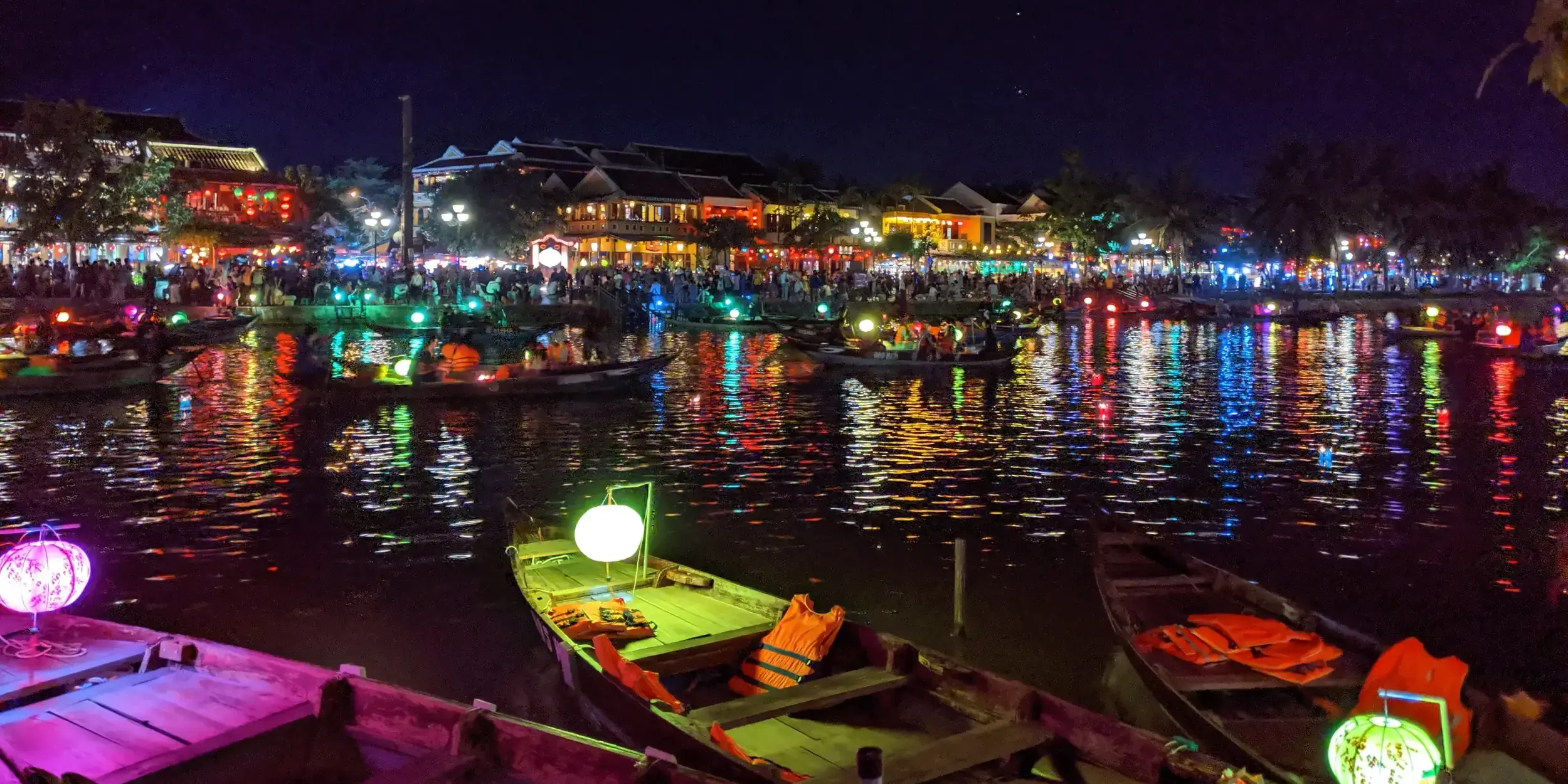
3 Days in Hoi An, Vietnam
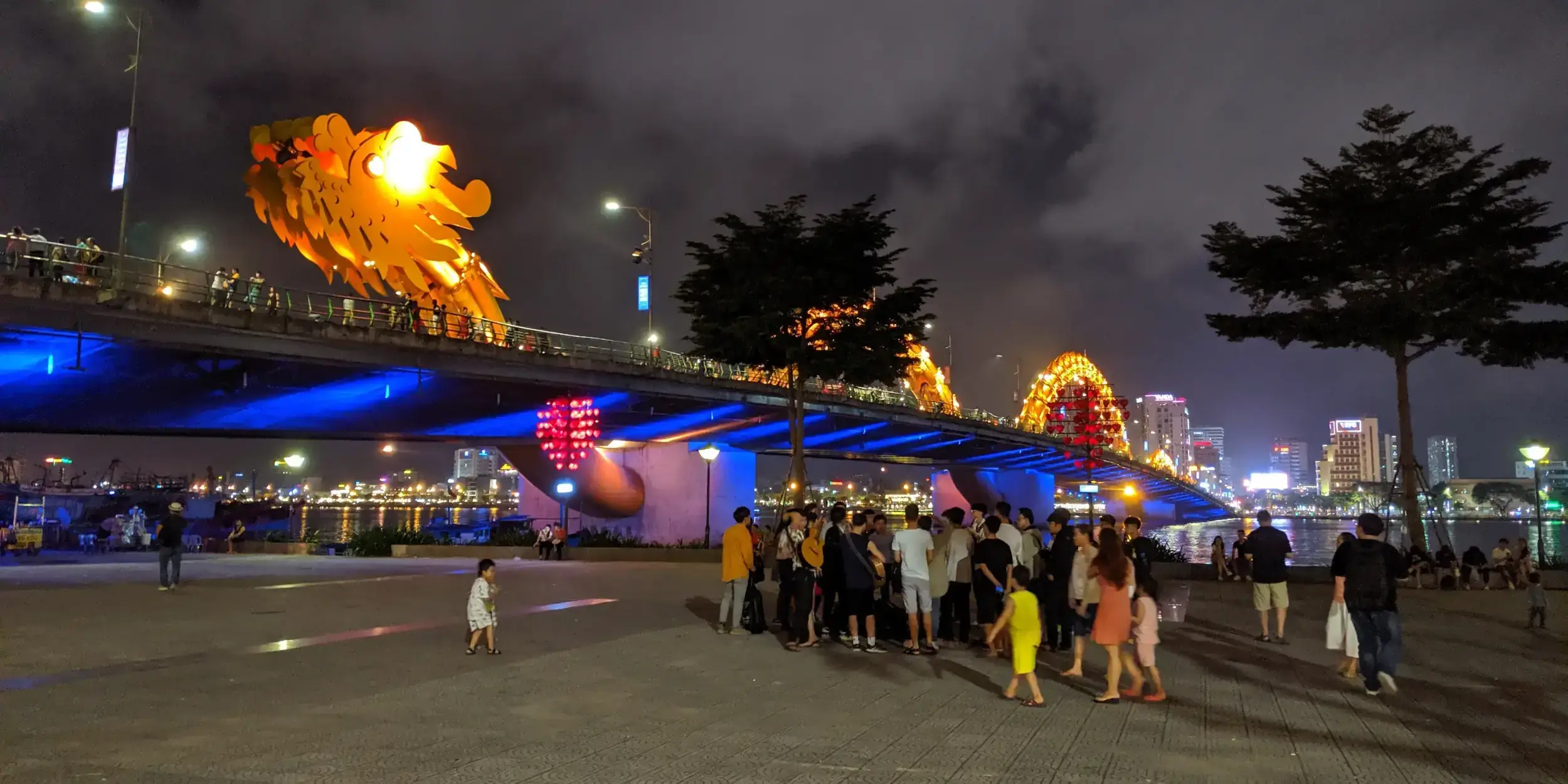
3 Days in Da Nang, Vietnam
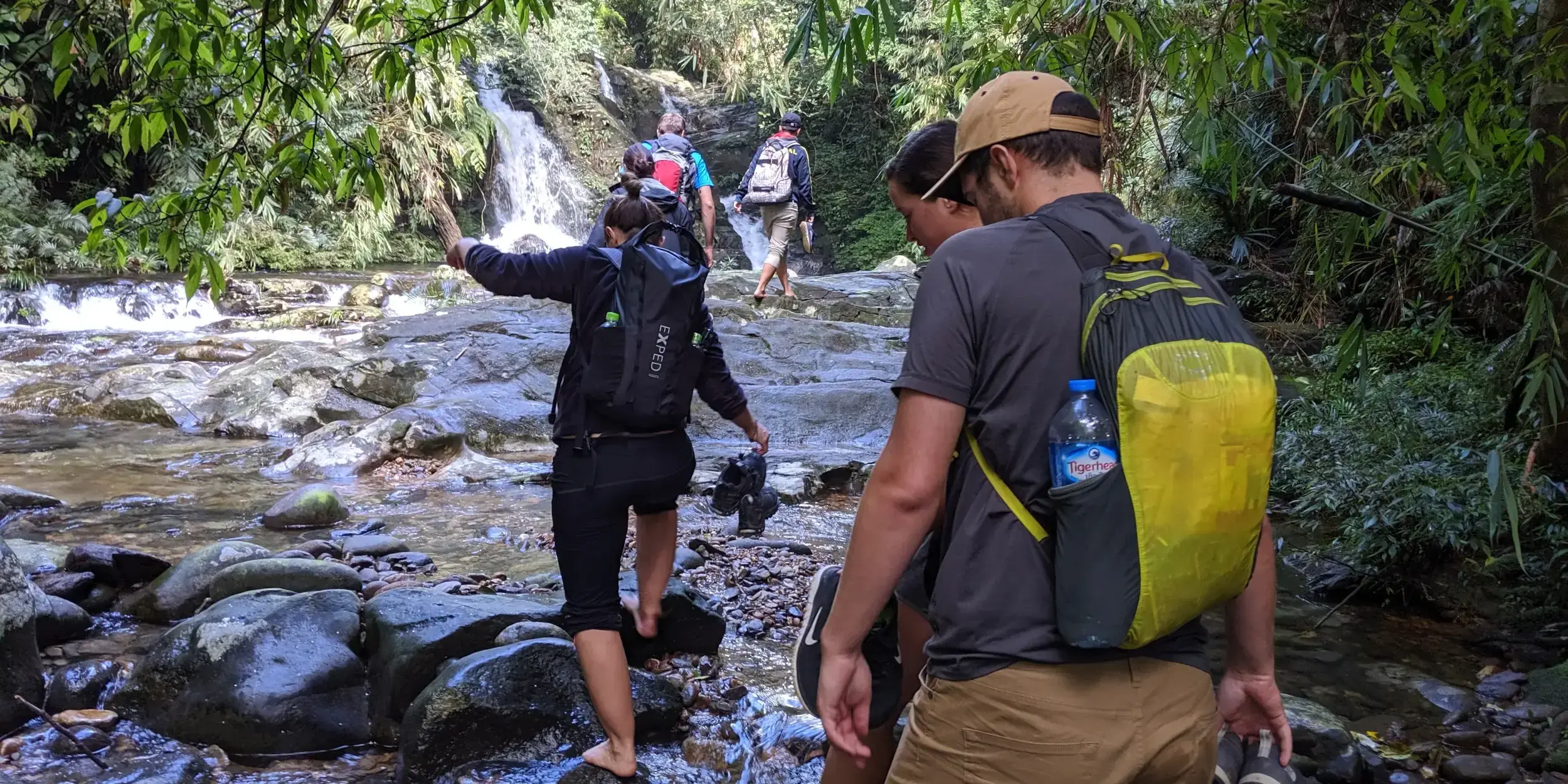
4 Days in Hue, Vietnam - Part 2
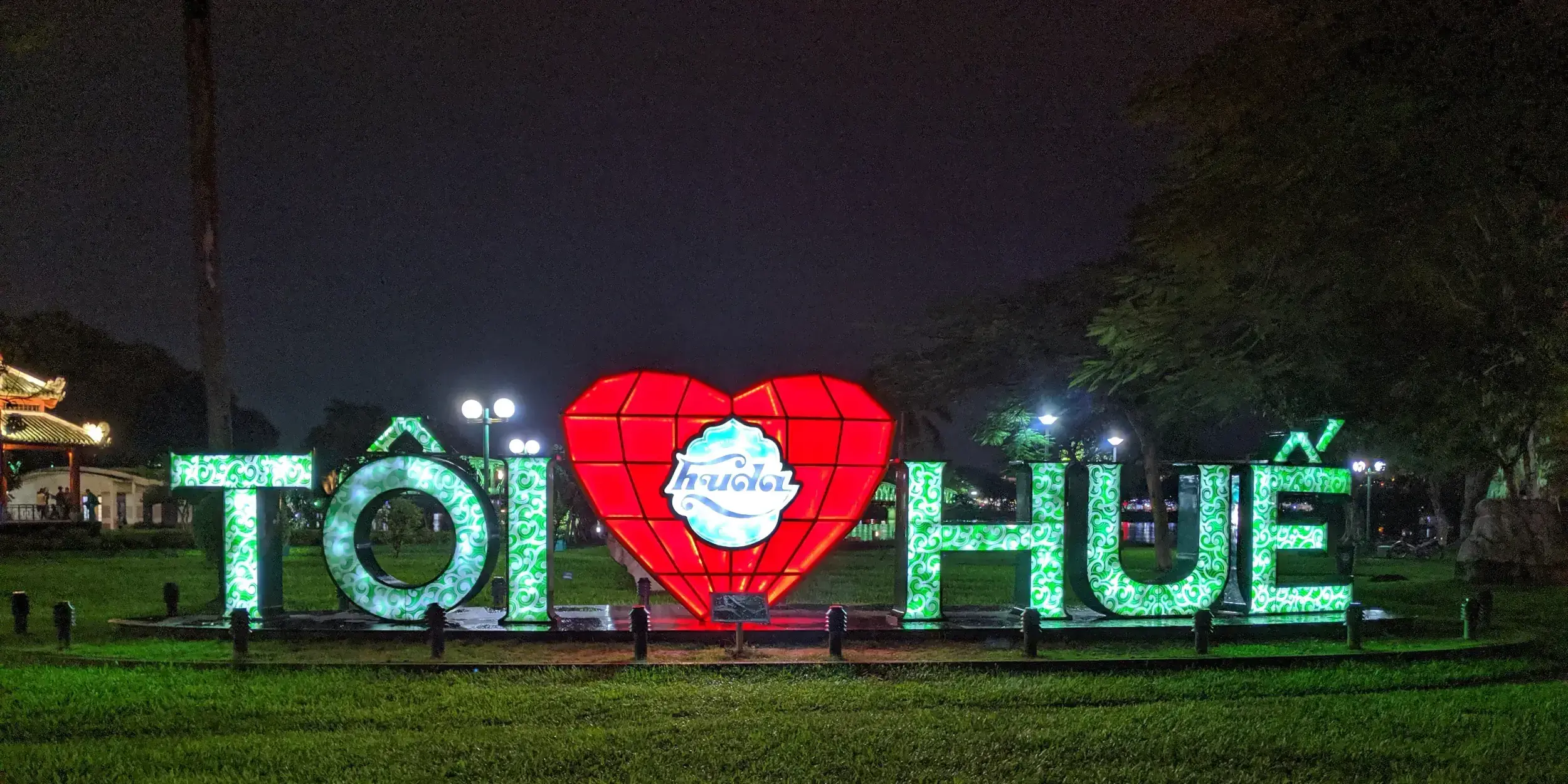
4 Days in Hue, Vietnam - Part 1
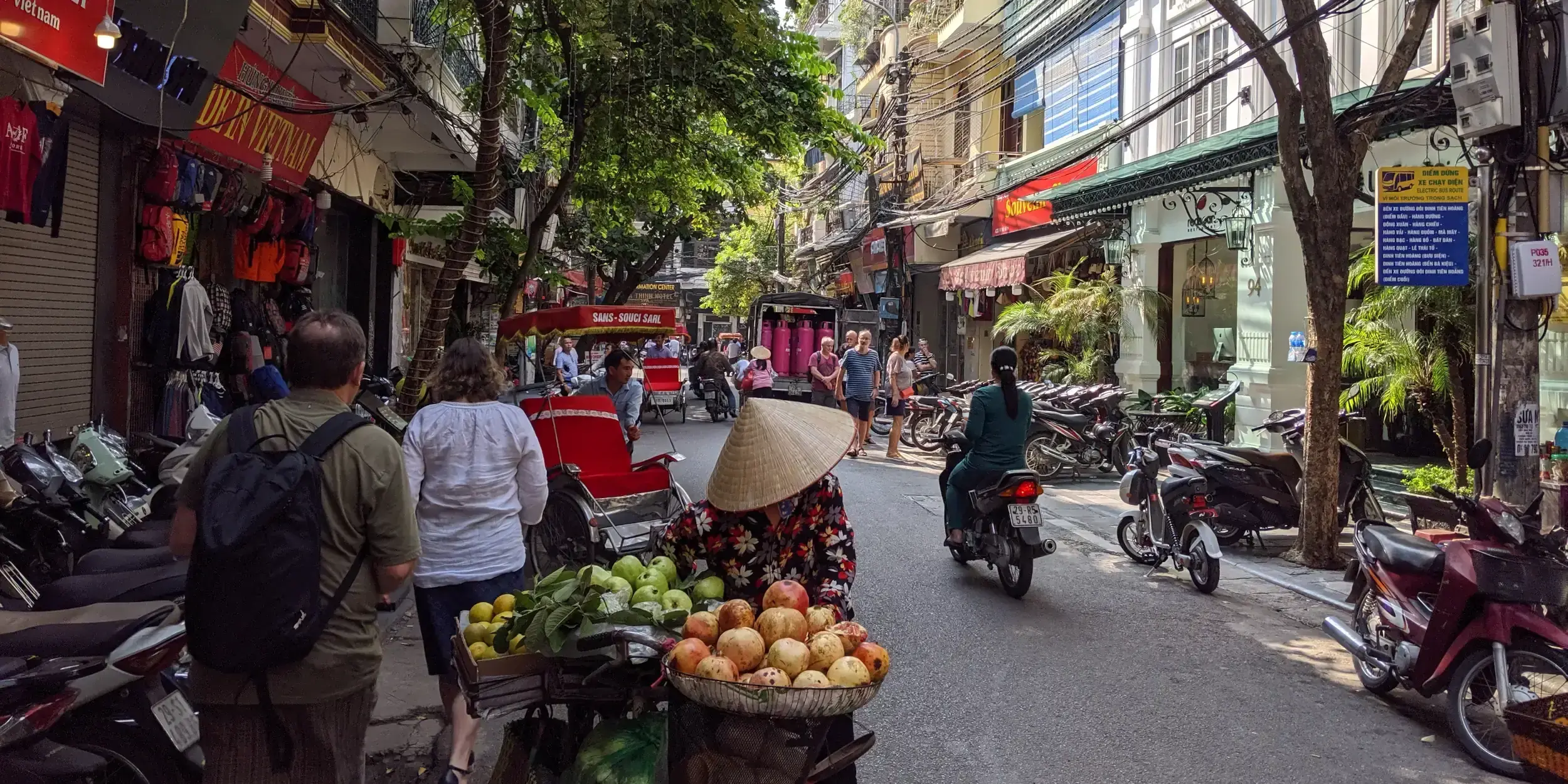
6 Days in Hanoi, Vietnam - Part 3
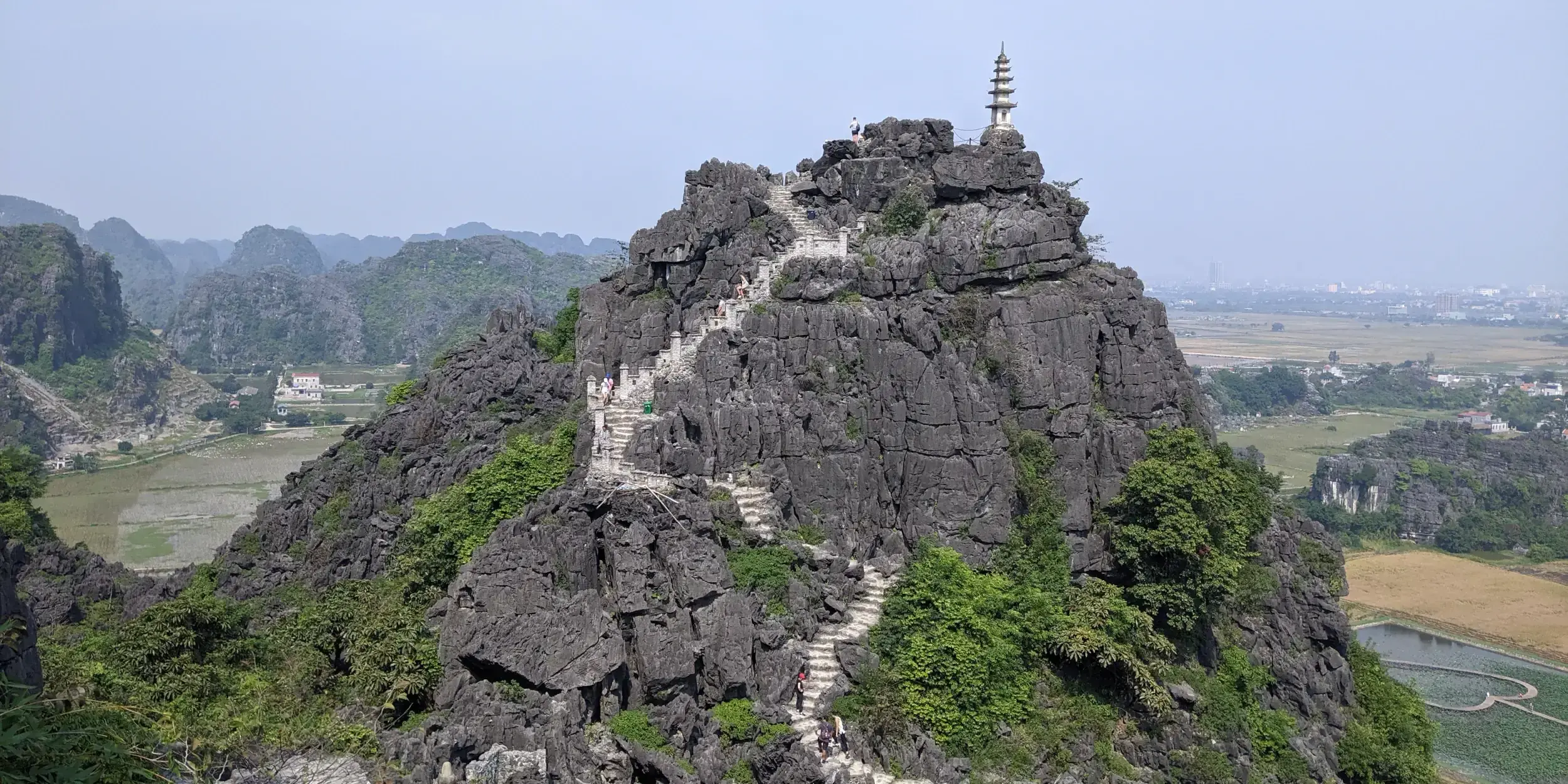
1 Day in Ninh Binh, Vietnam
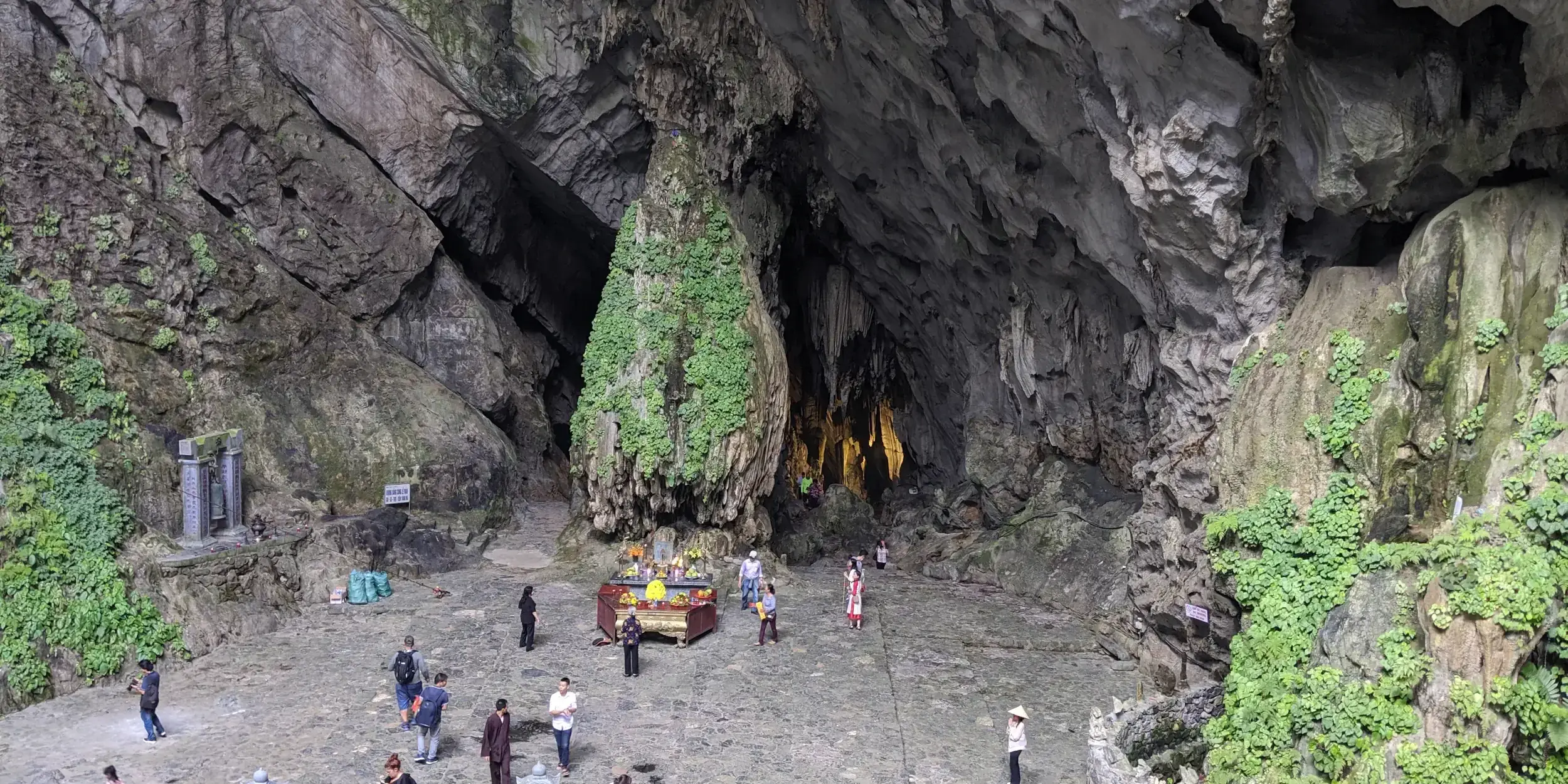
6 Days in Hanoi, Vietnam - Part 2
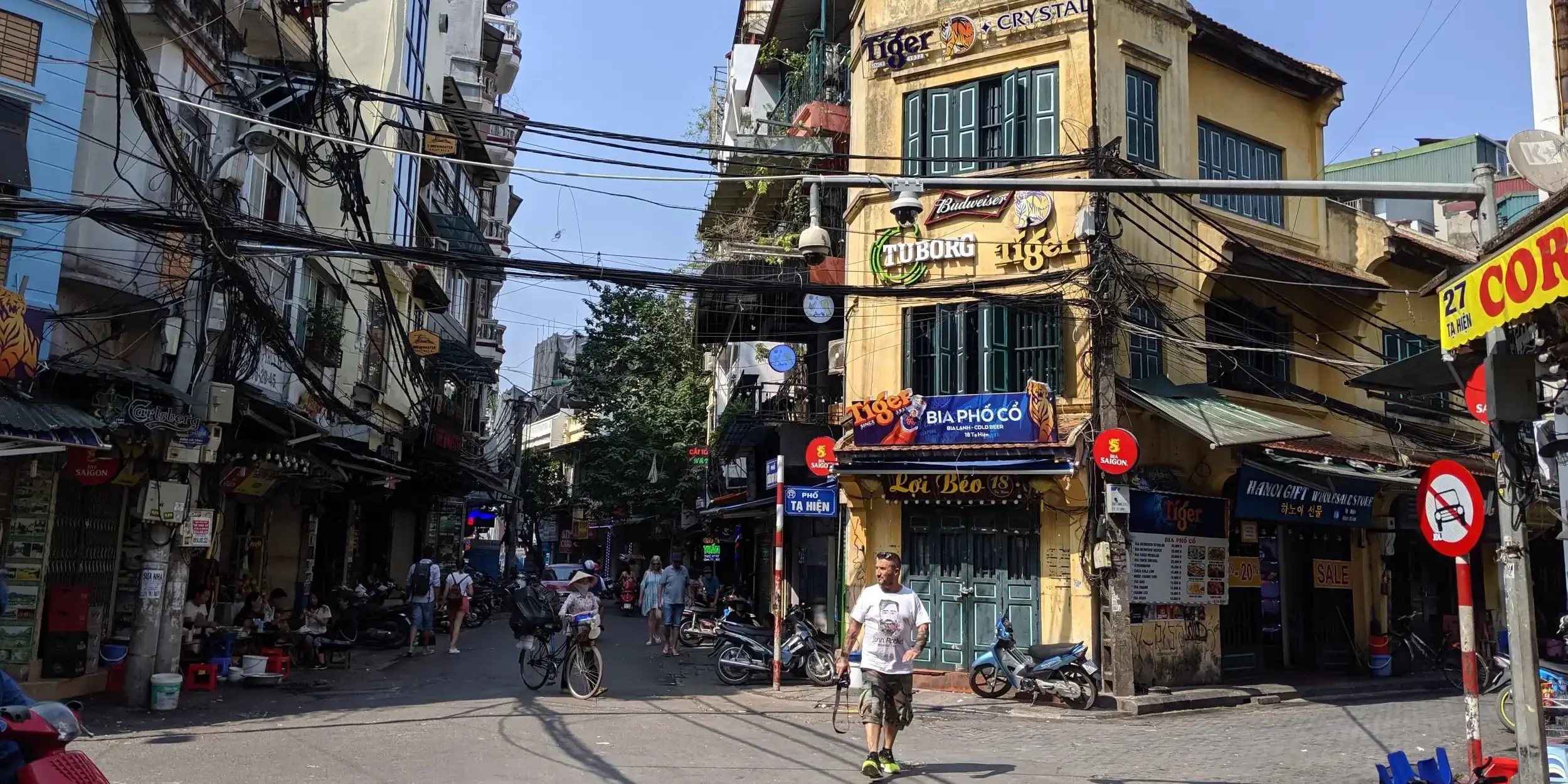
6 Days in Hanoi, Vietnam - Part 1
Comments